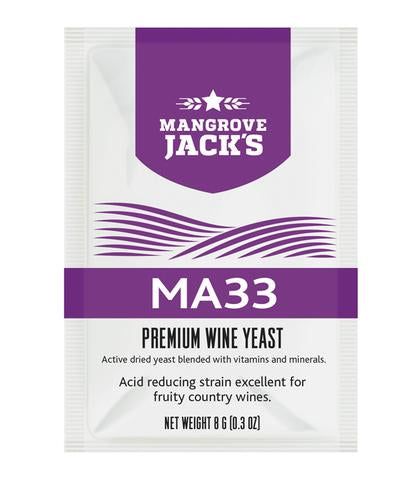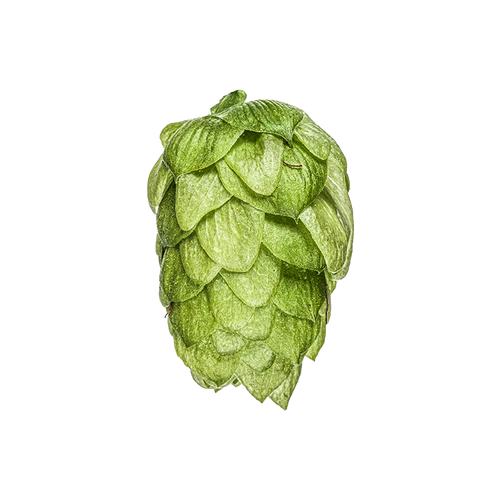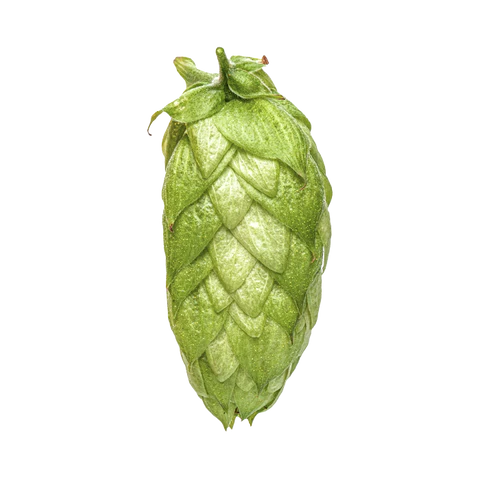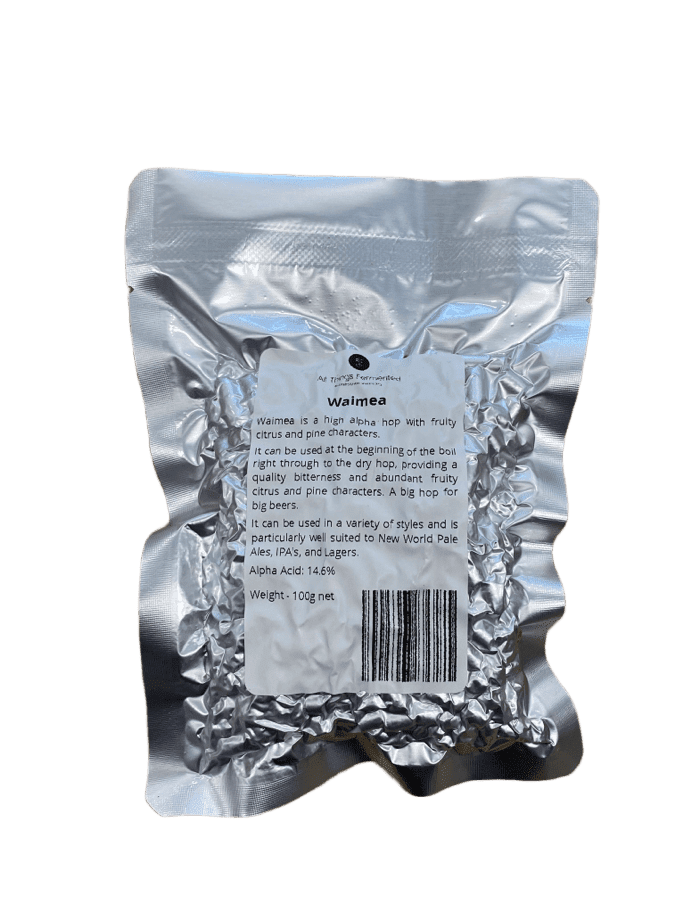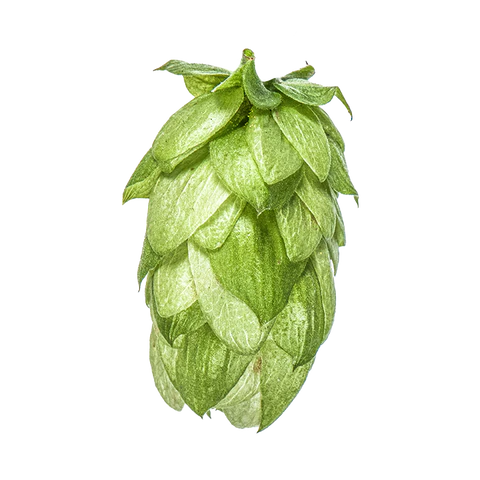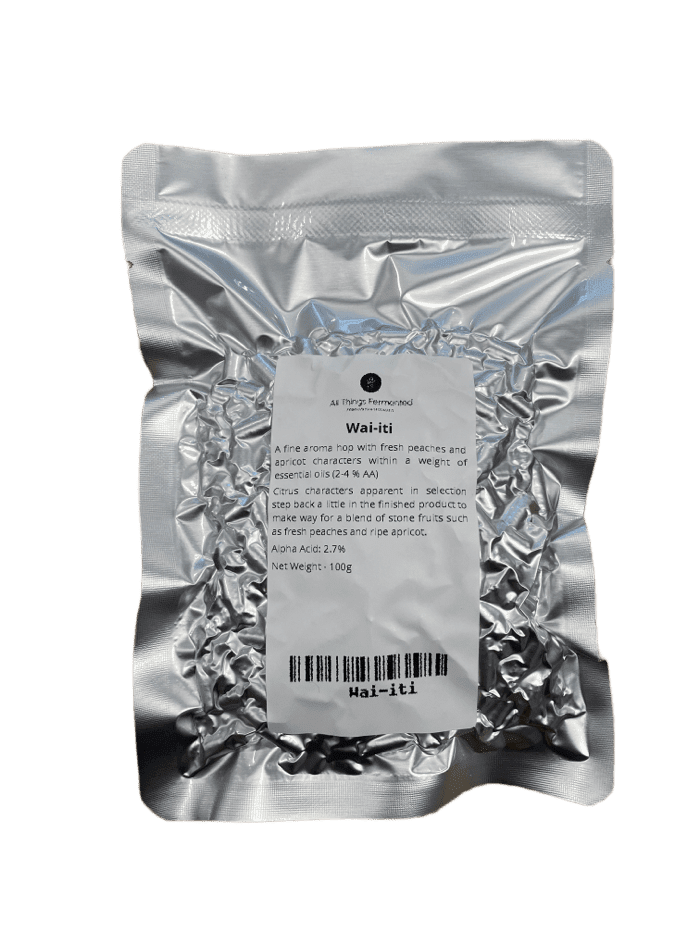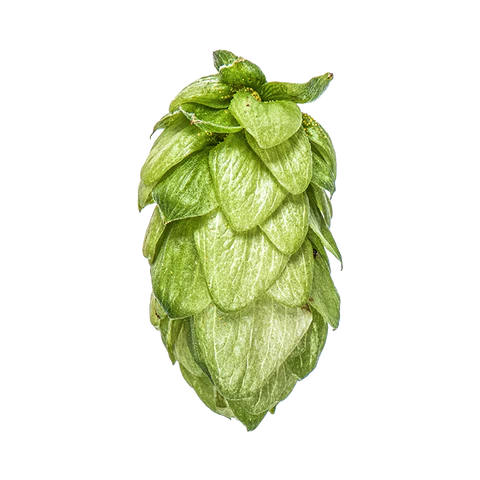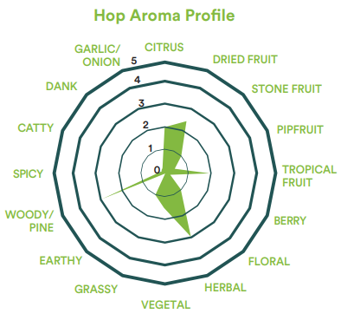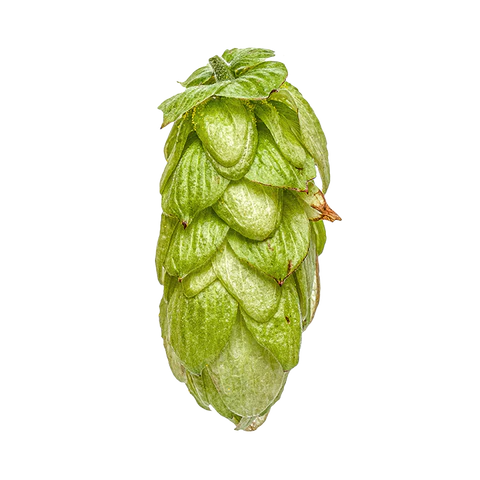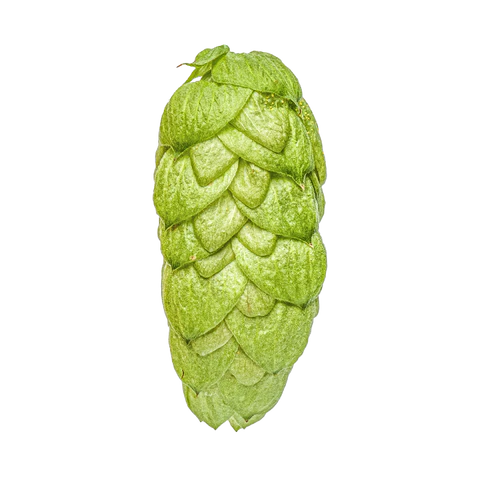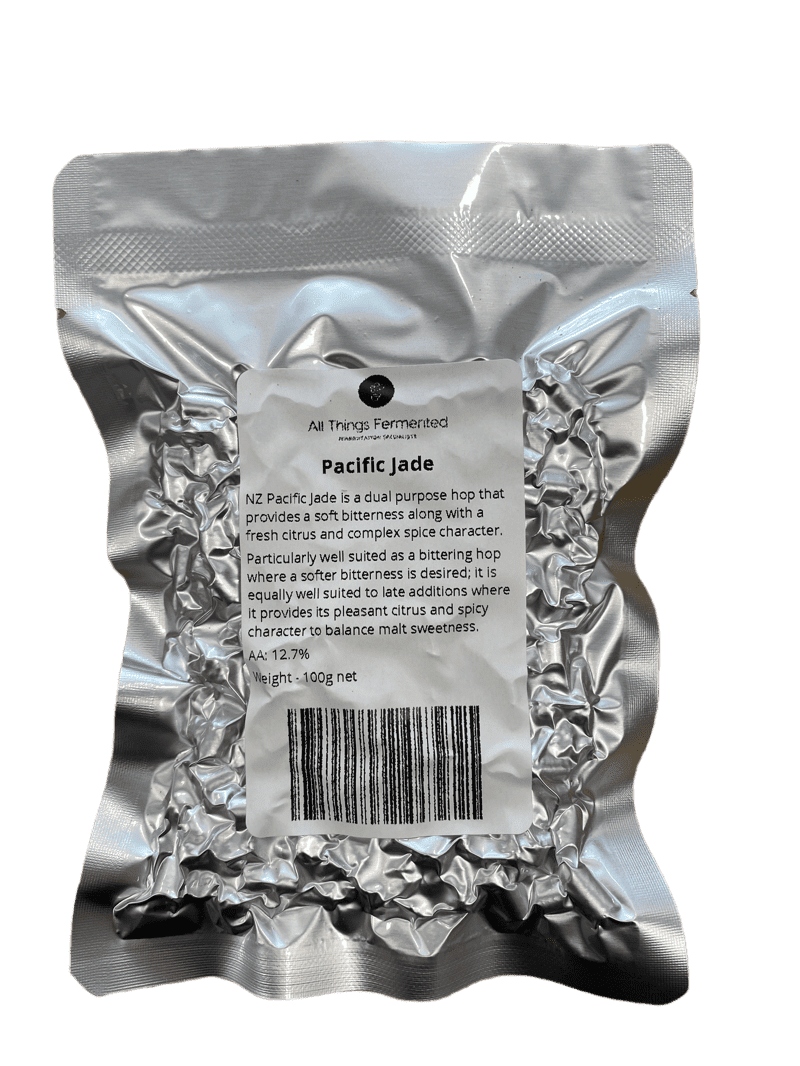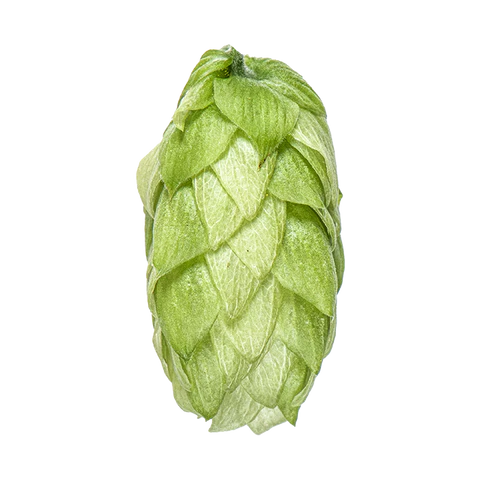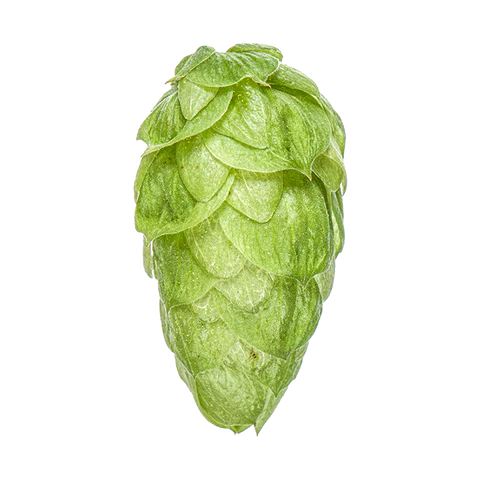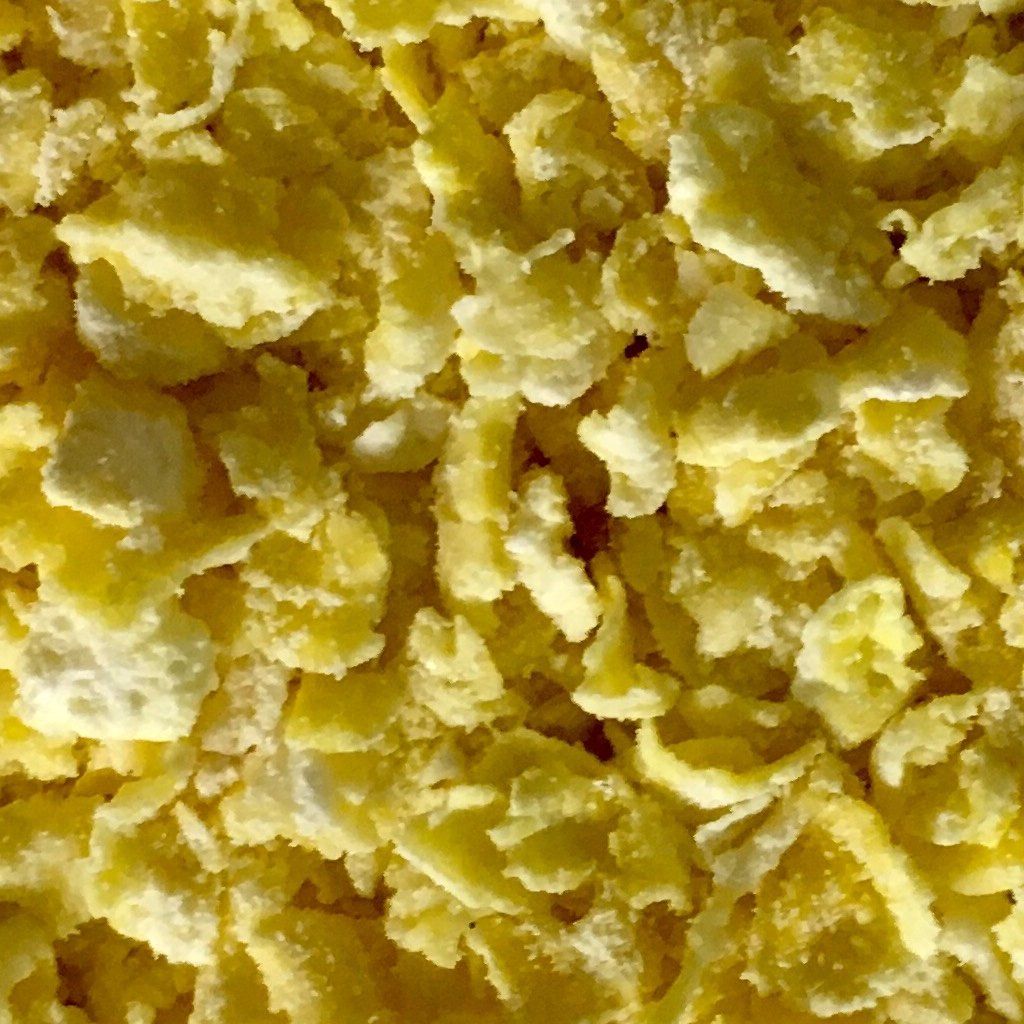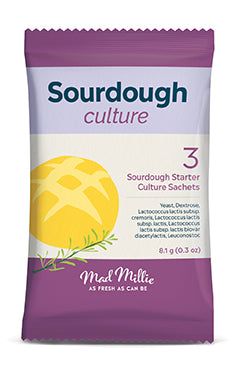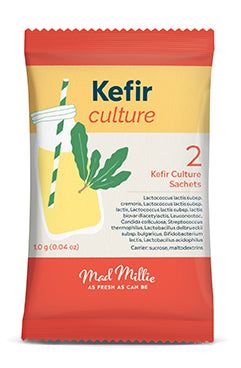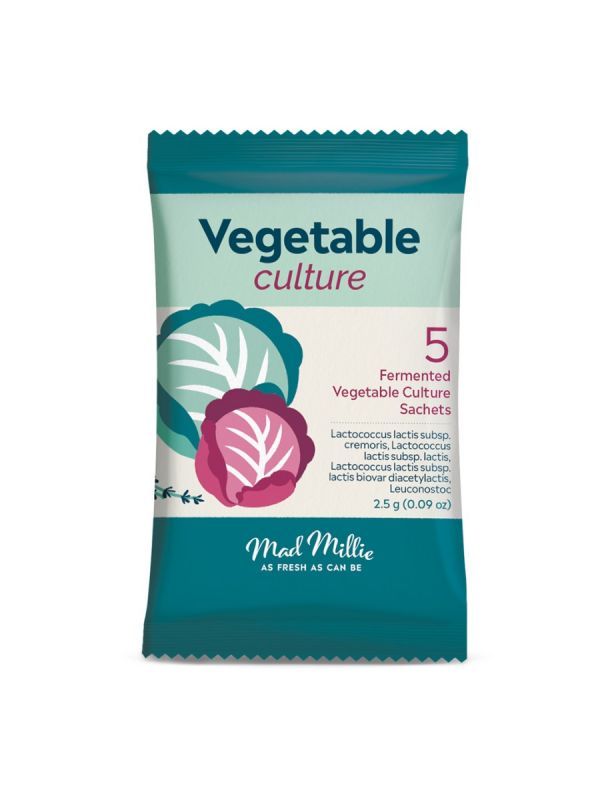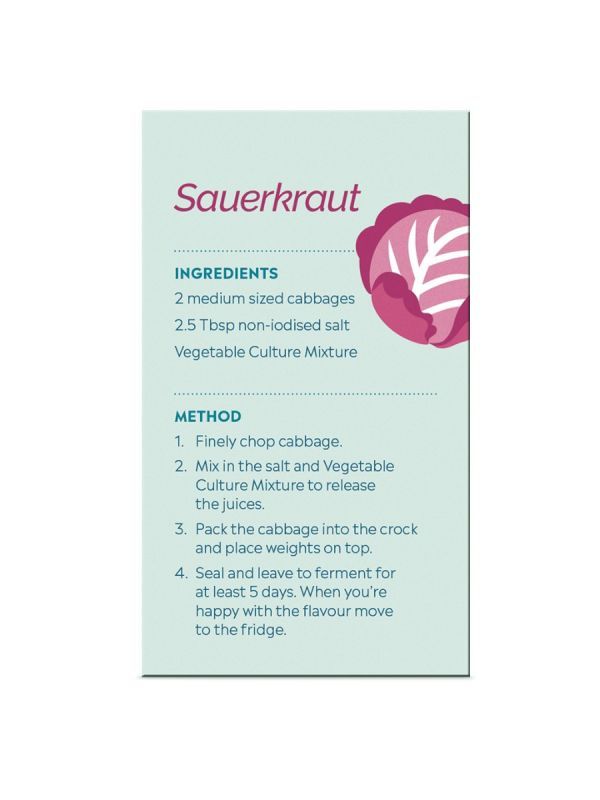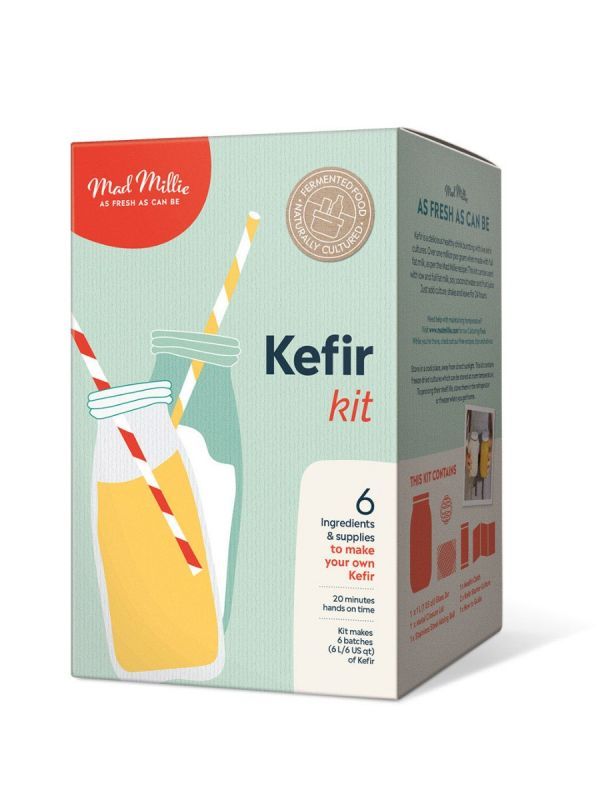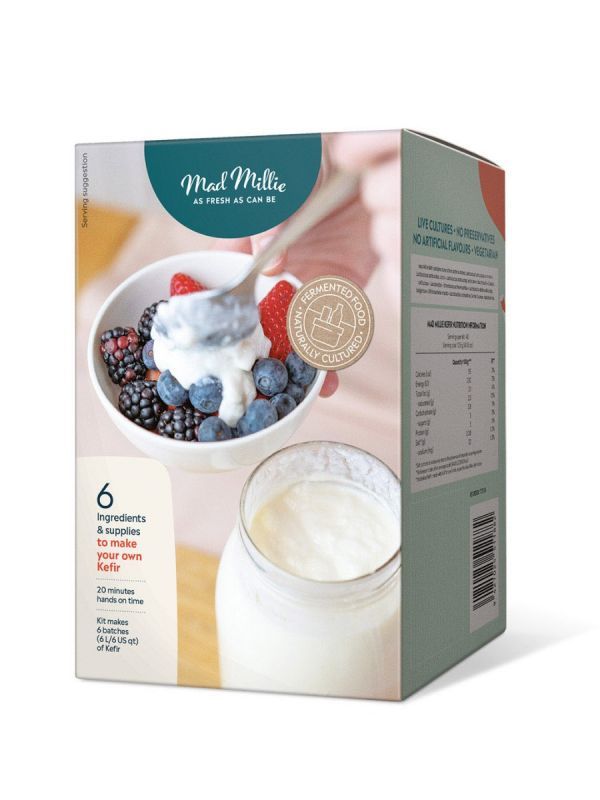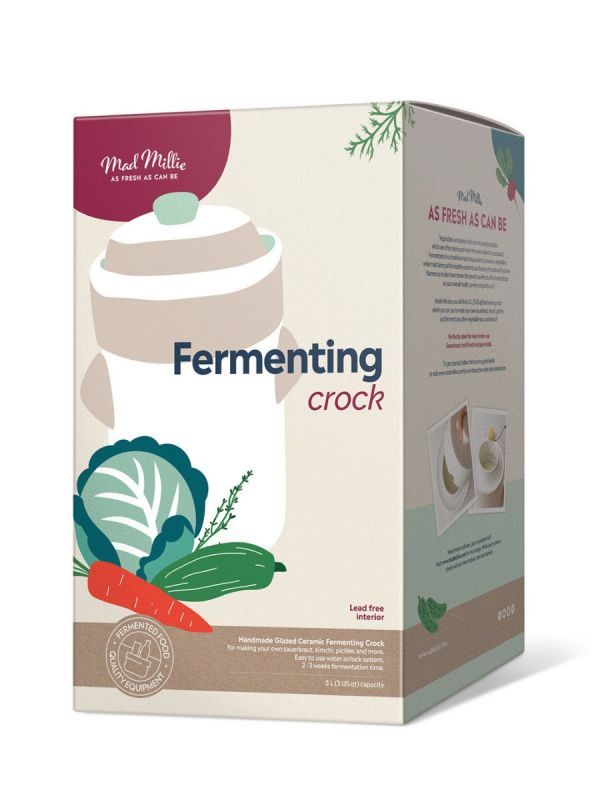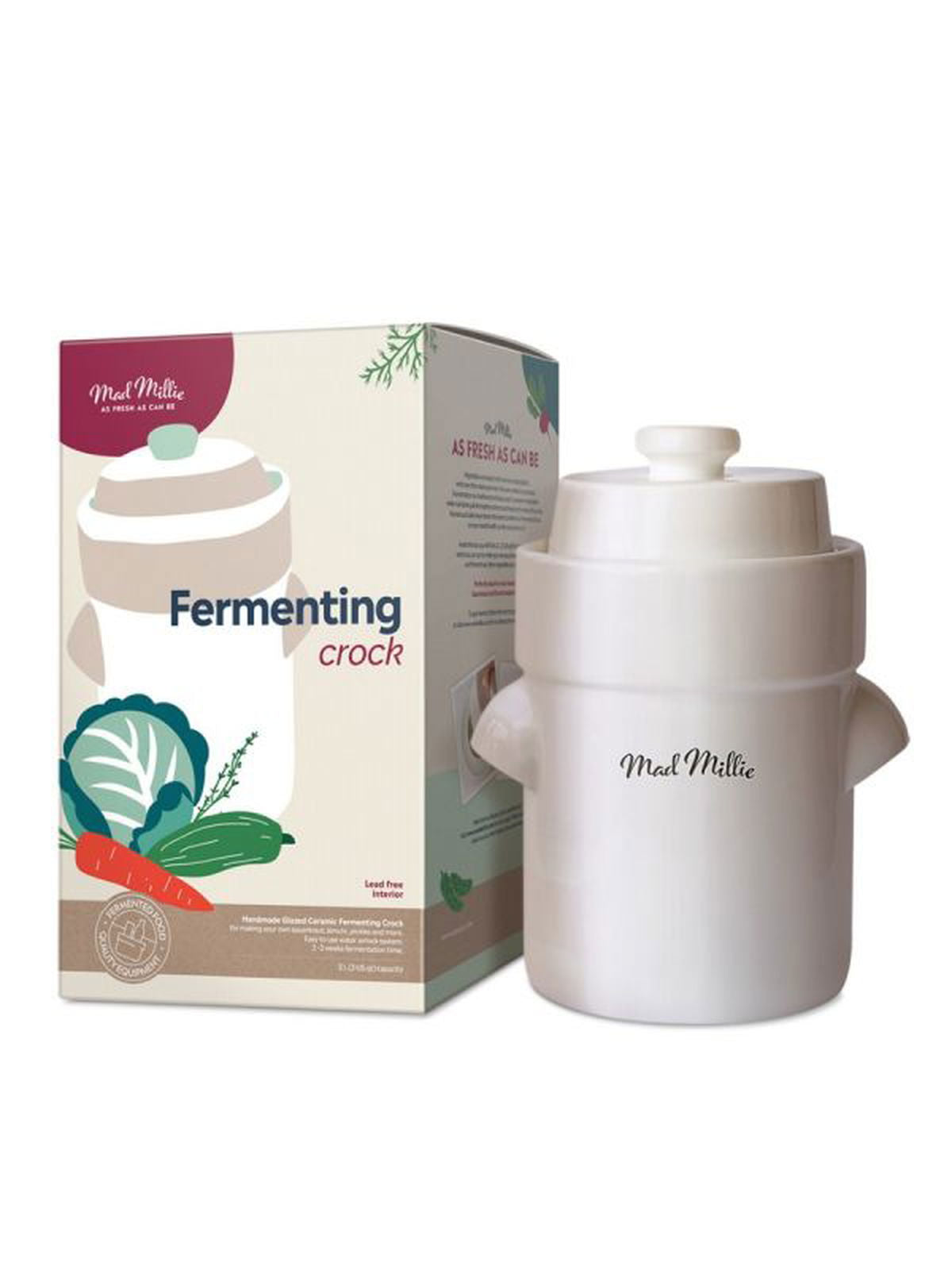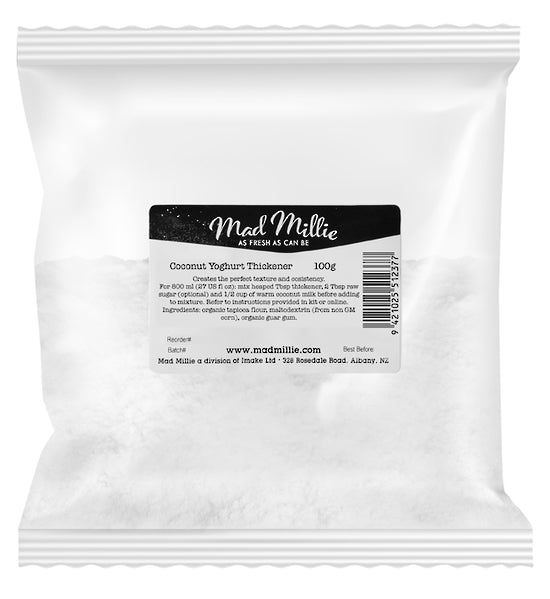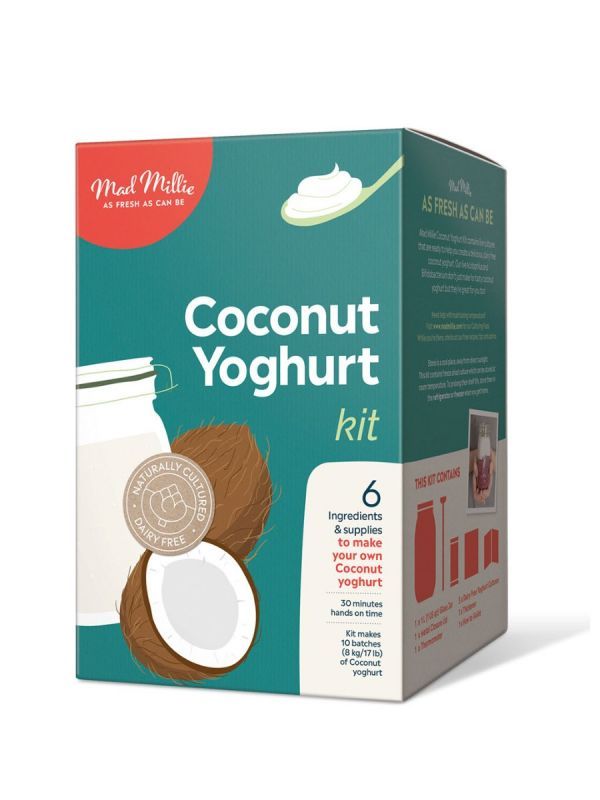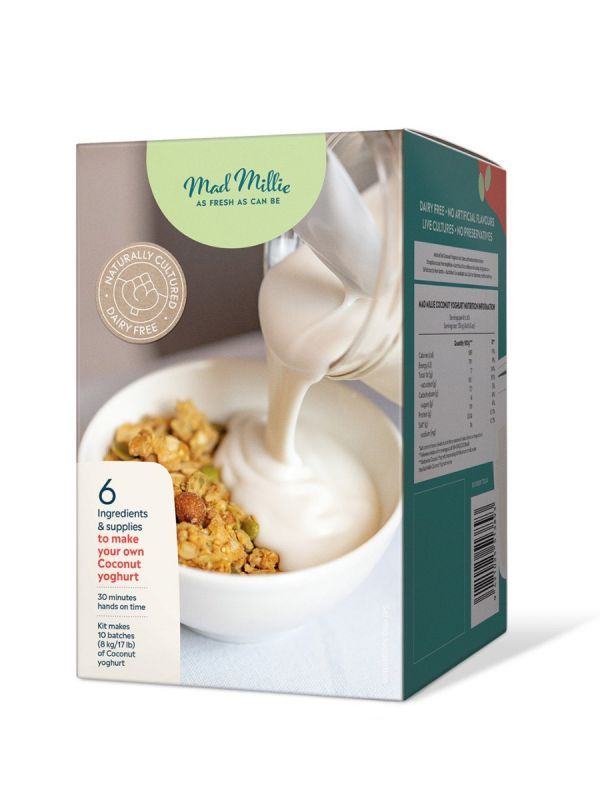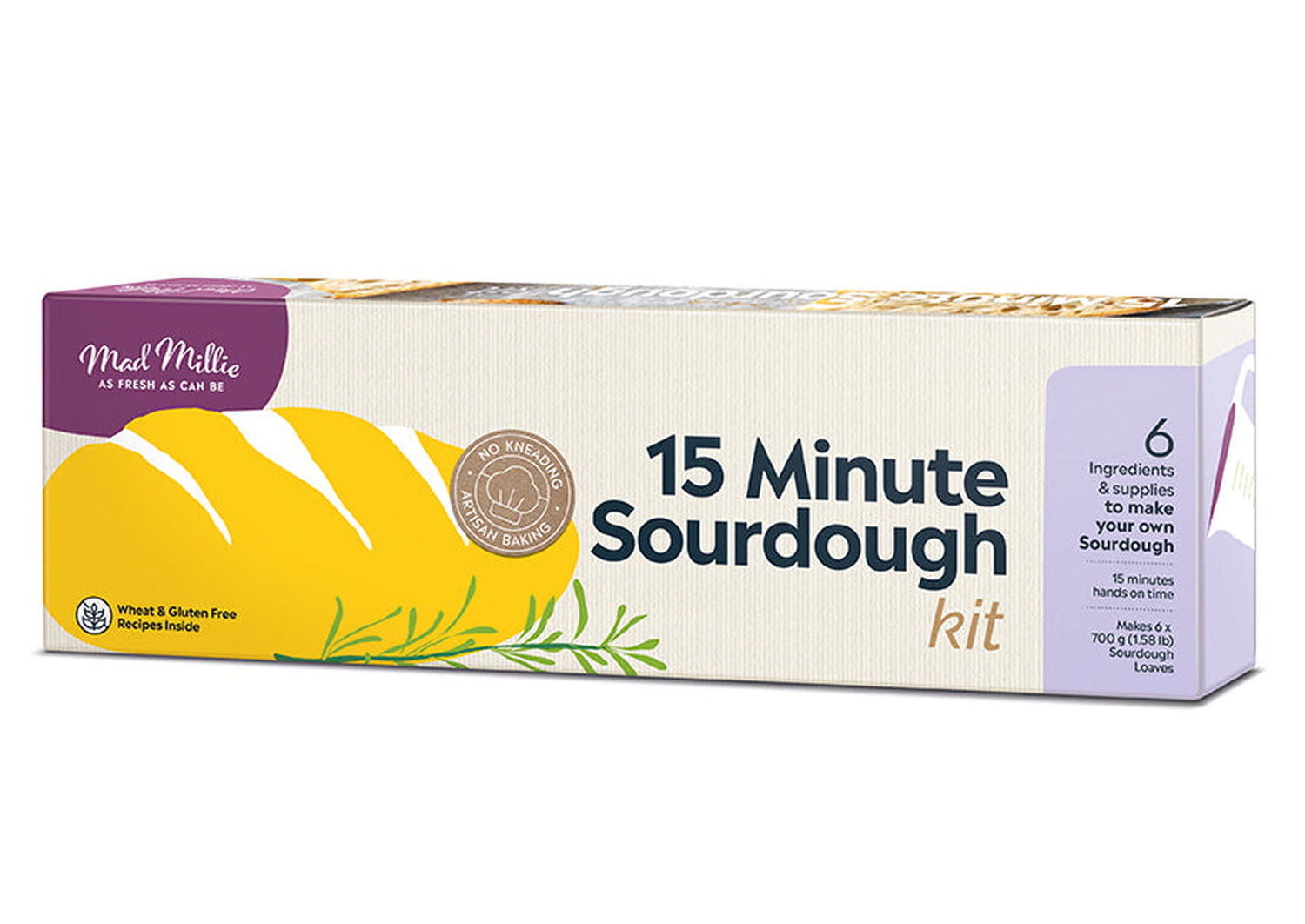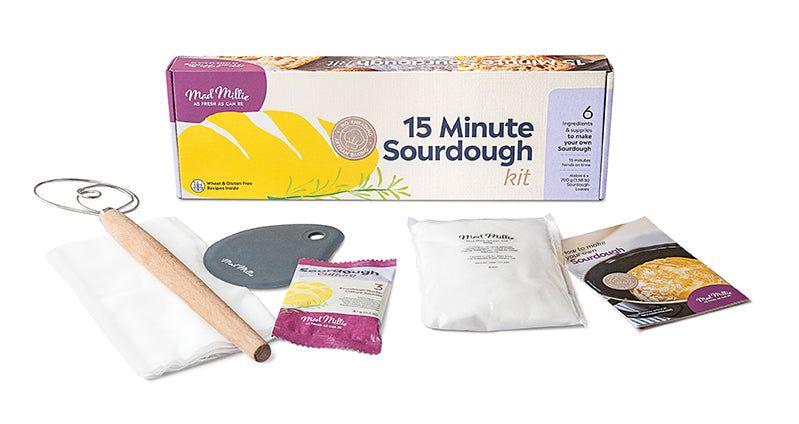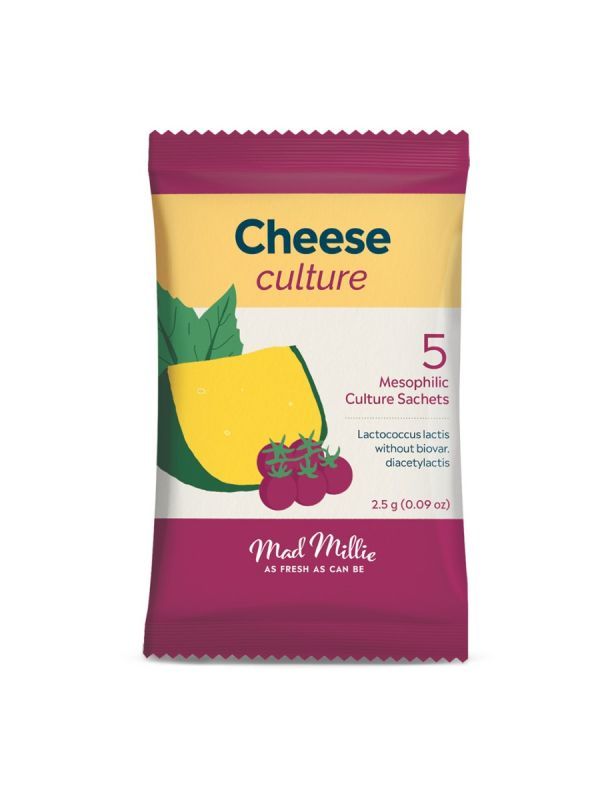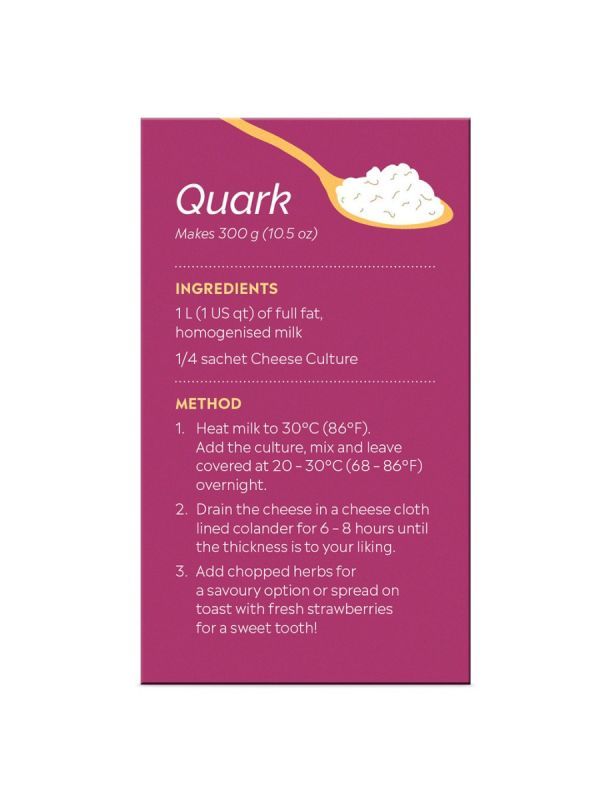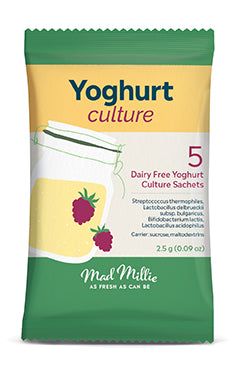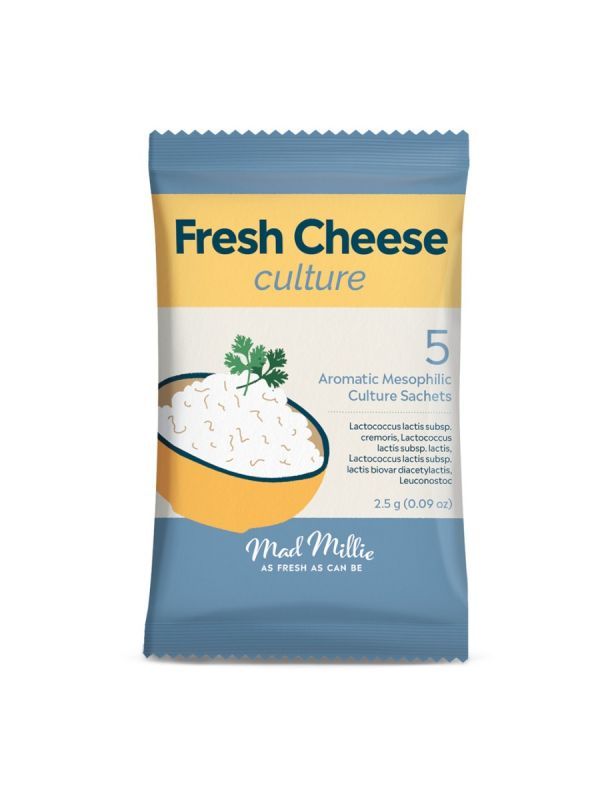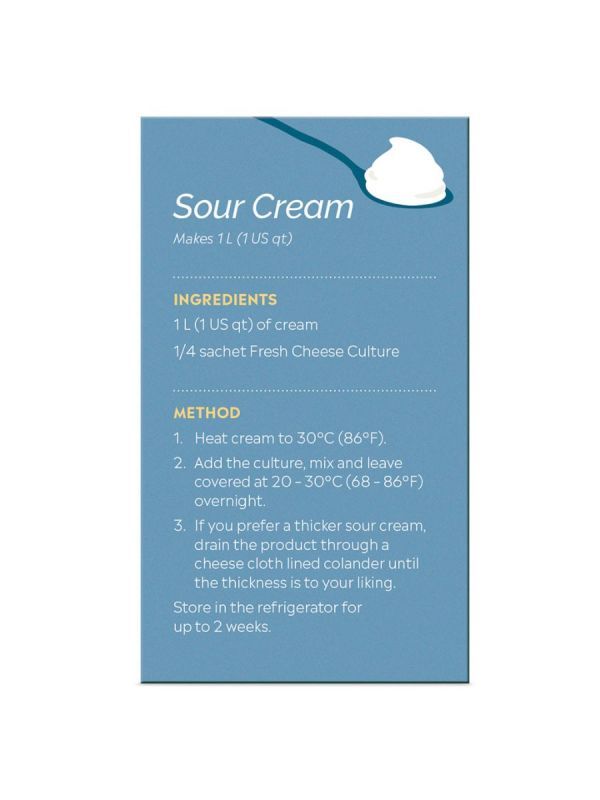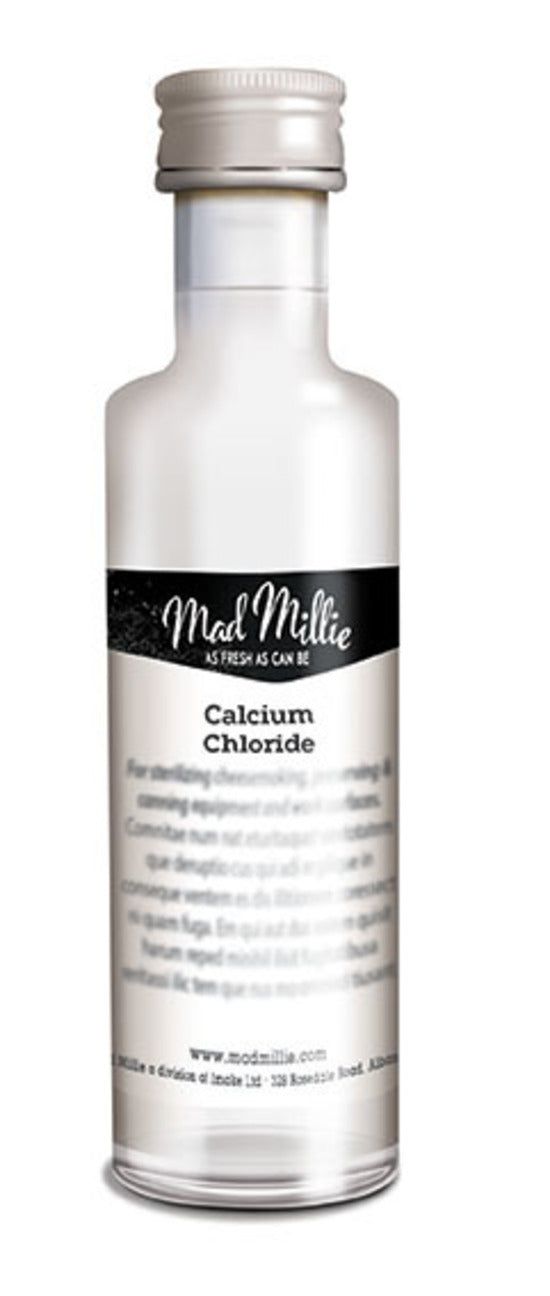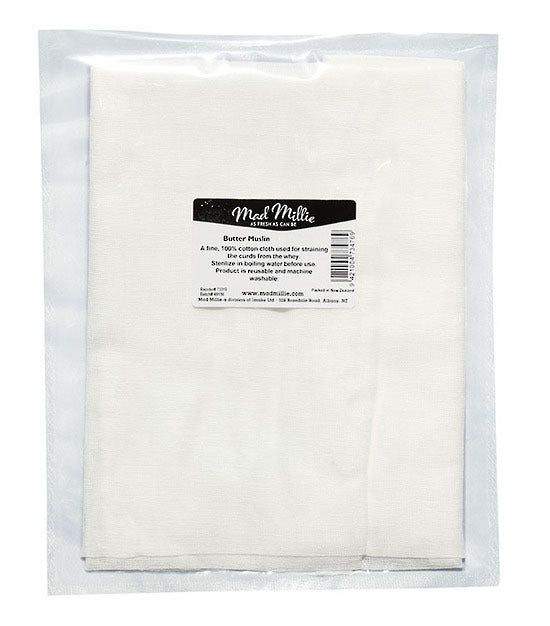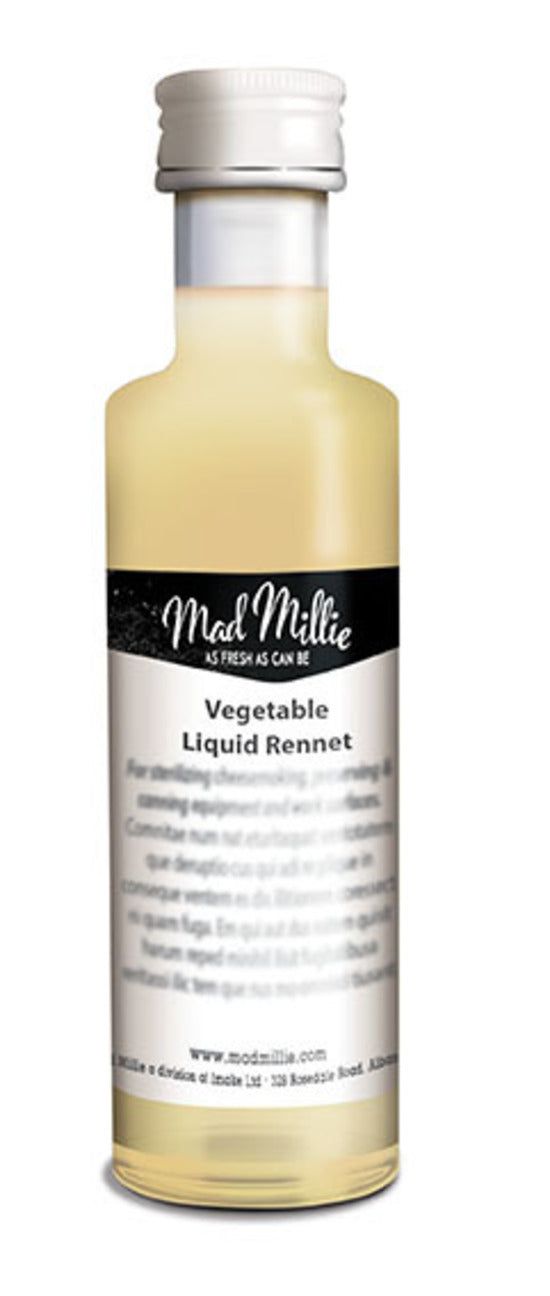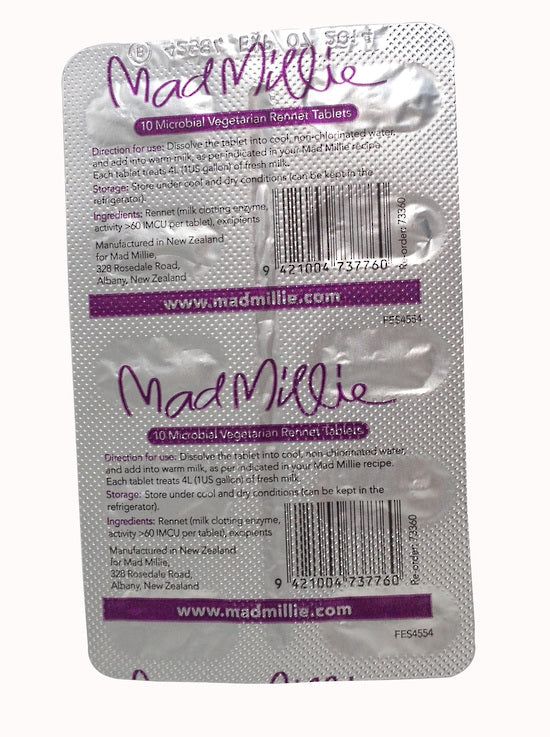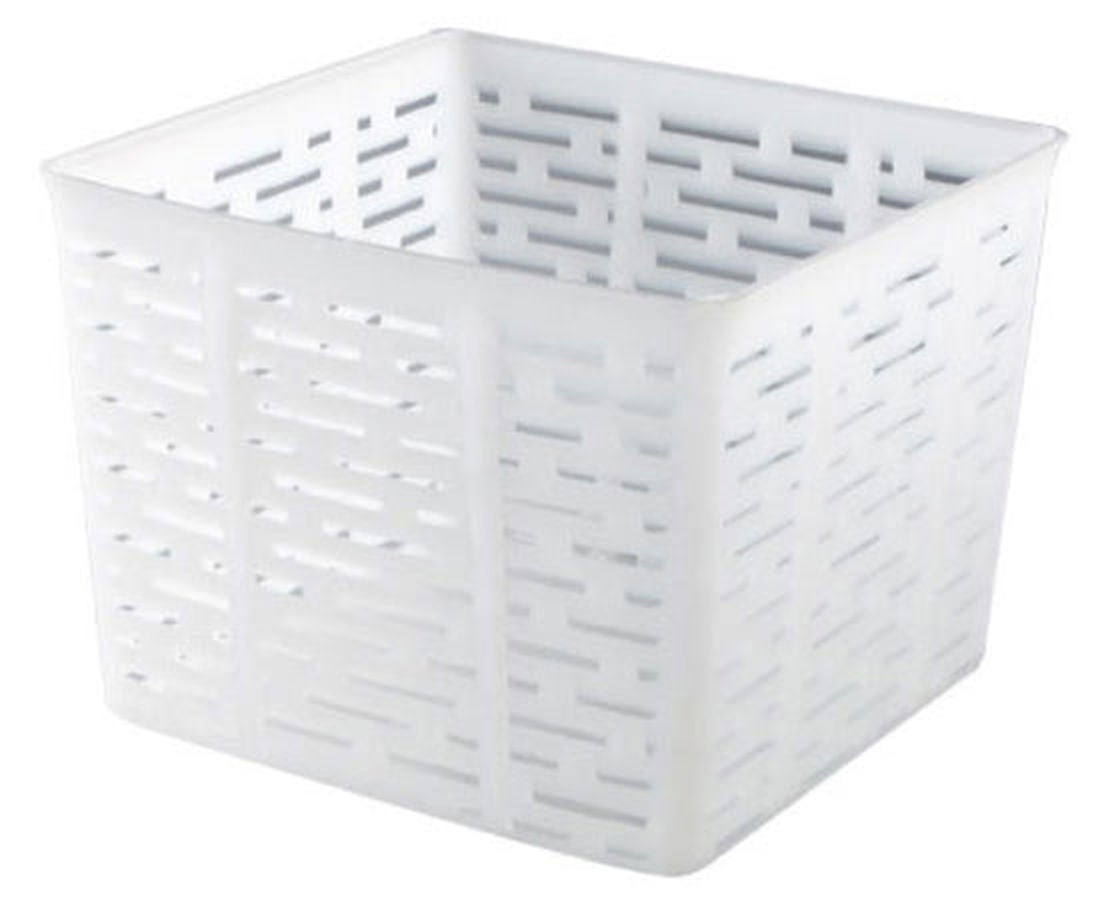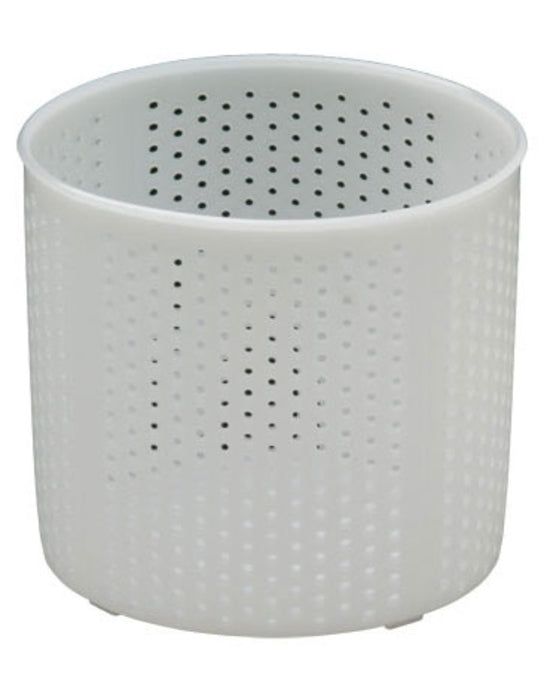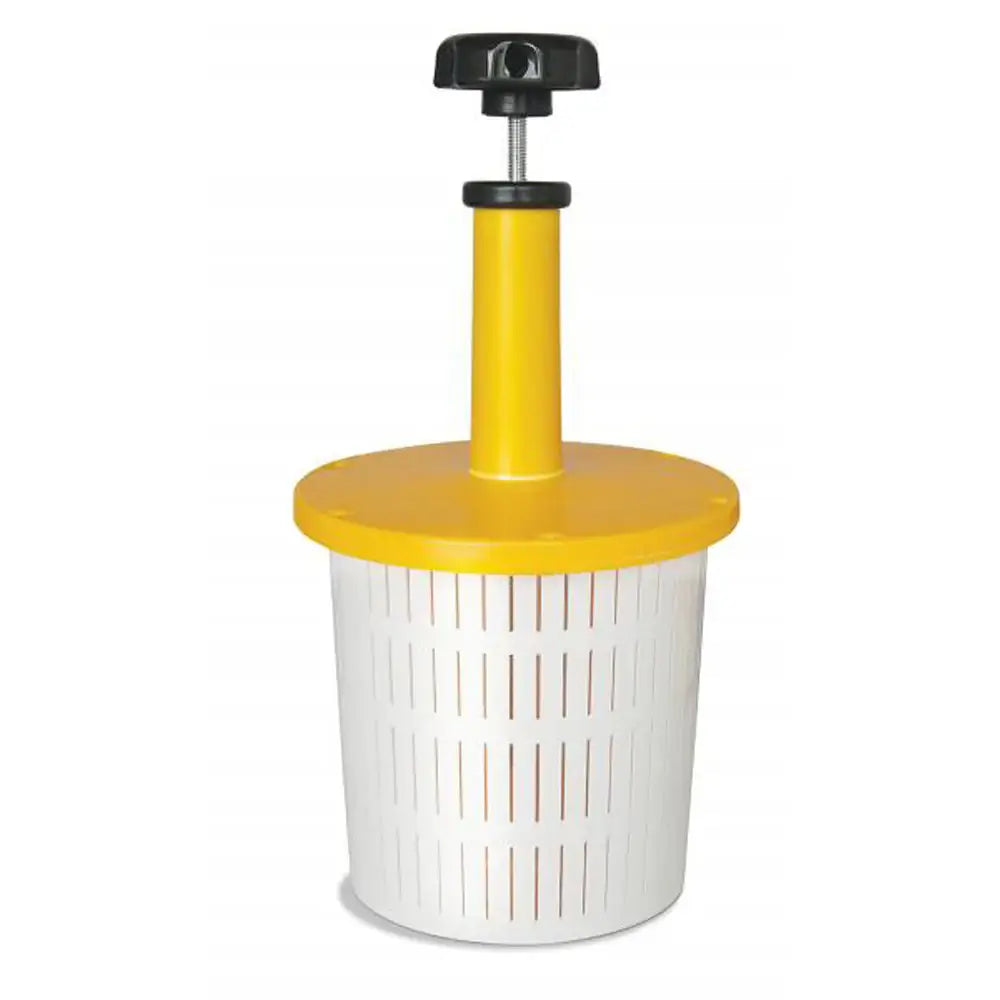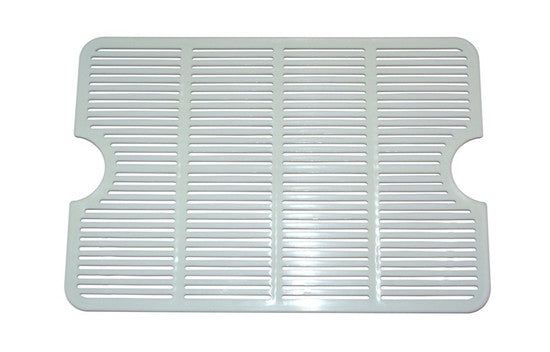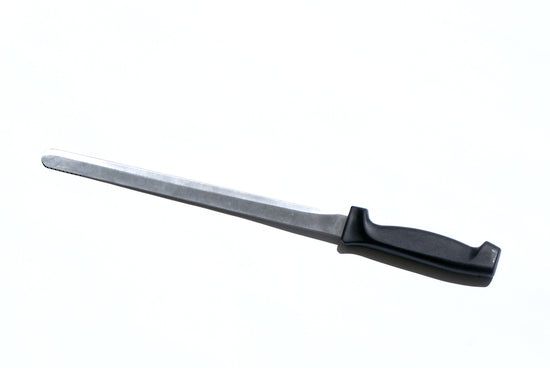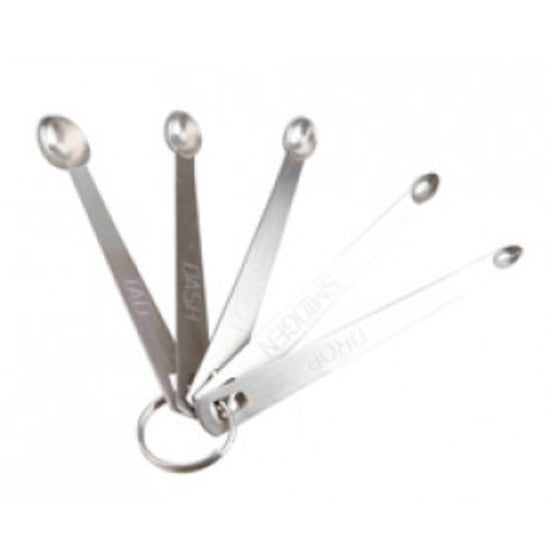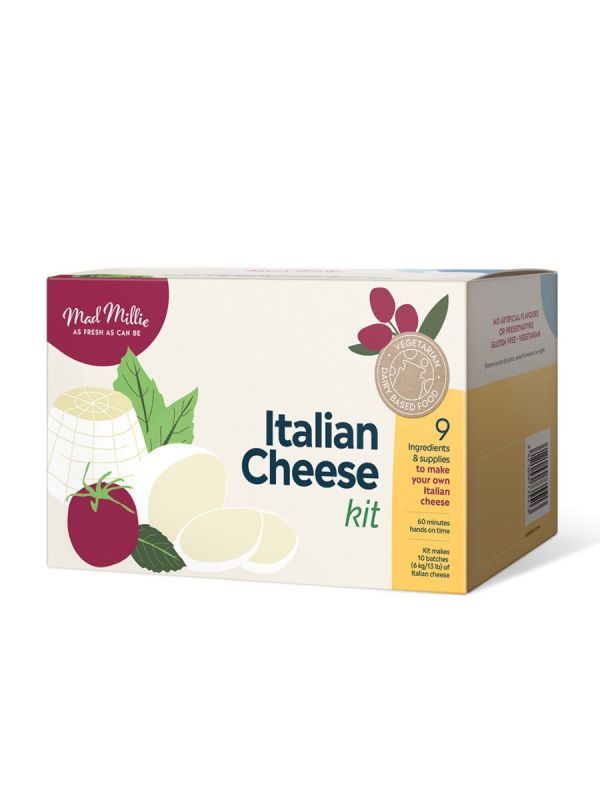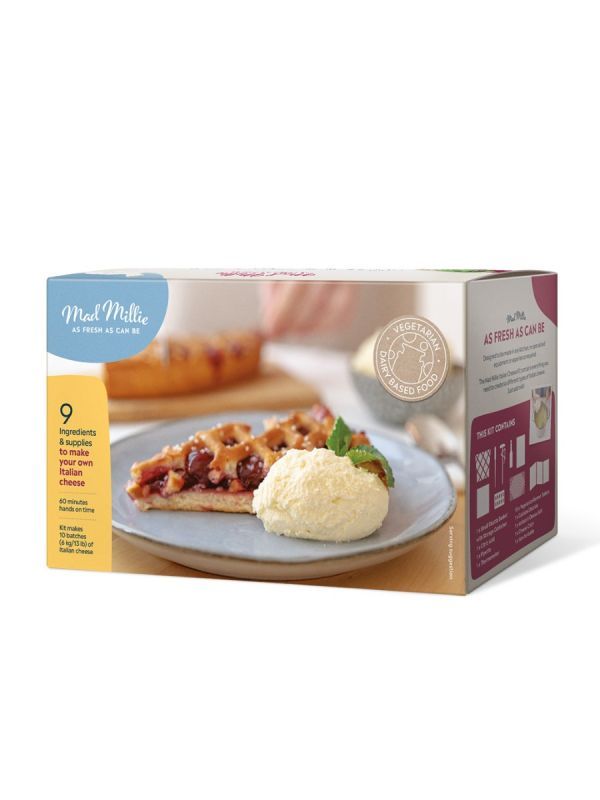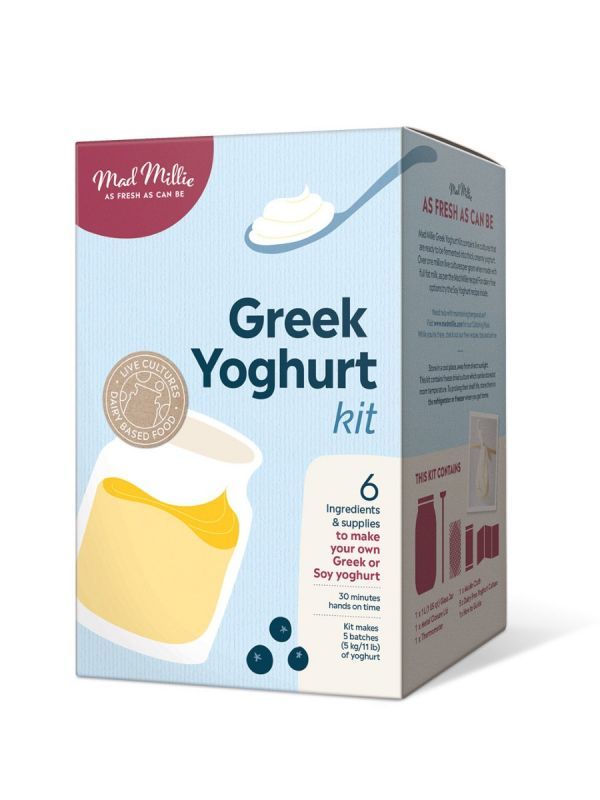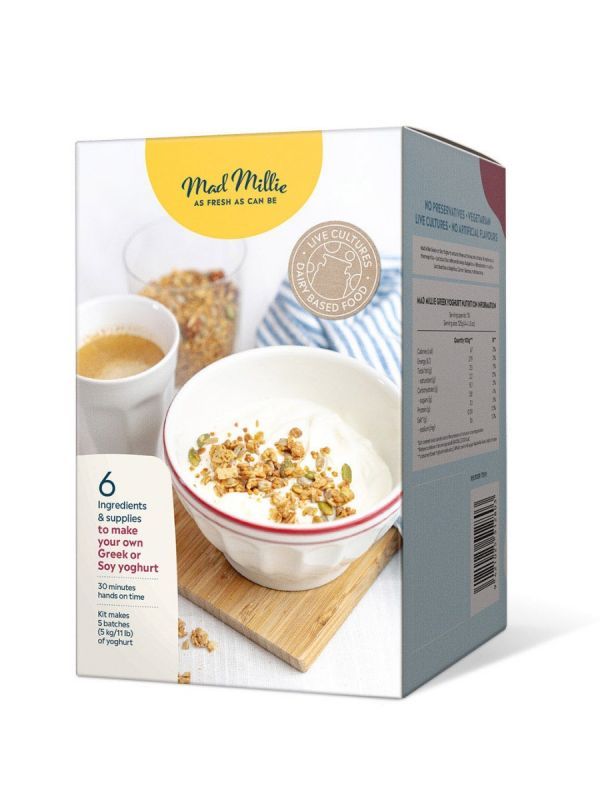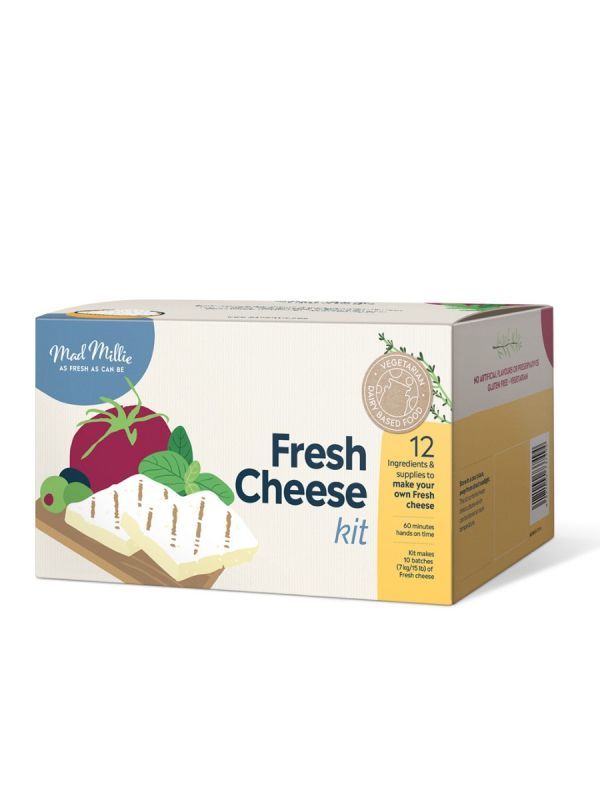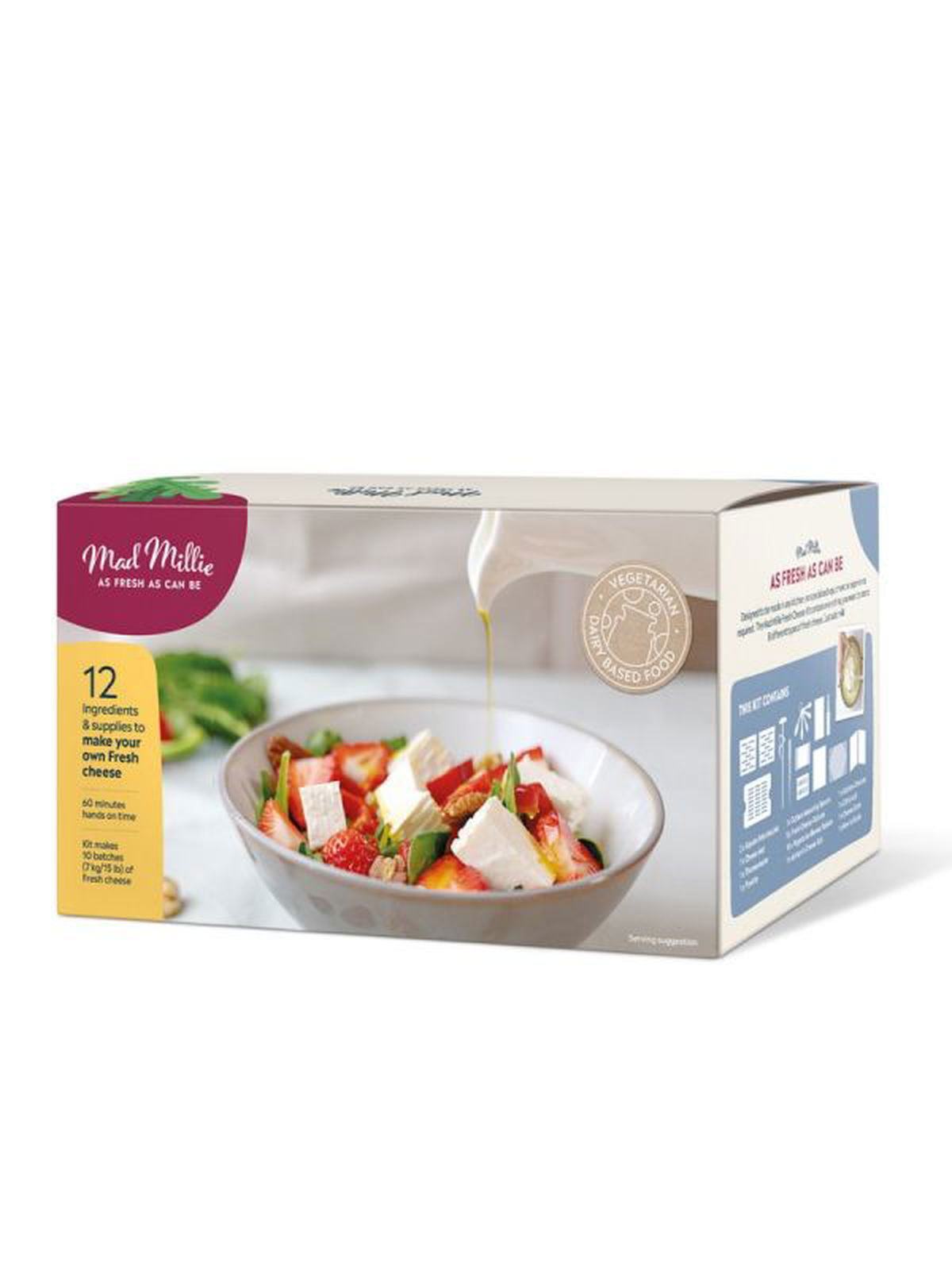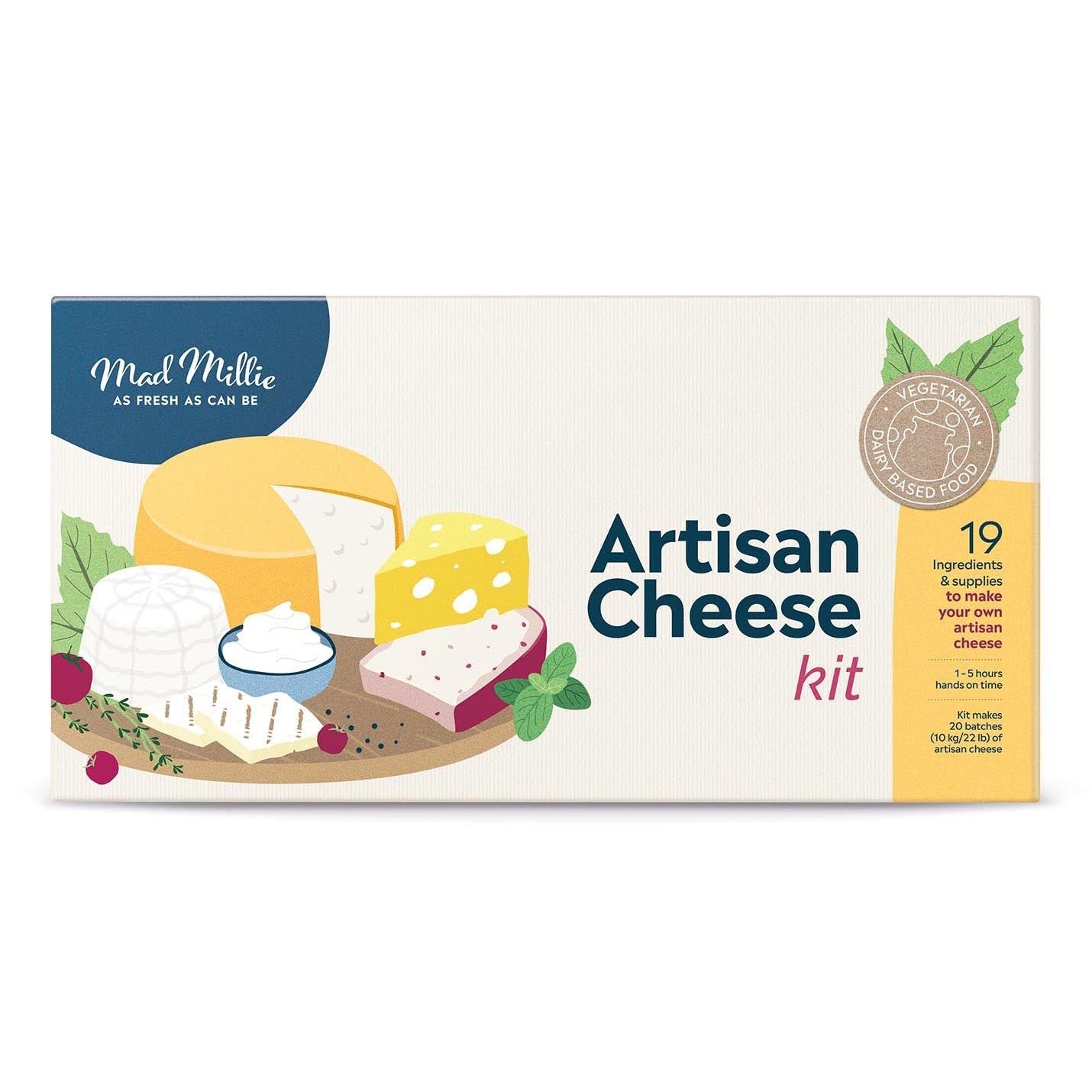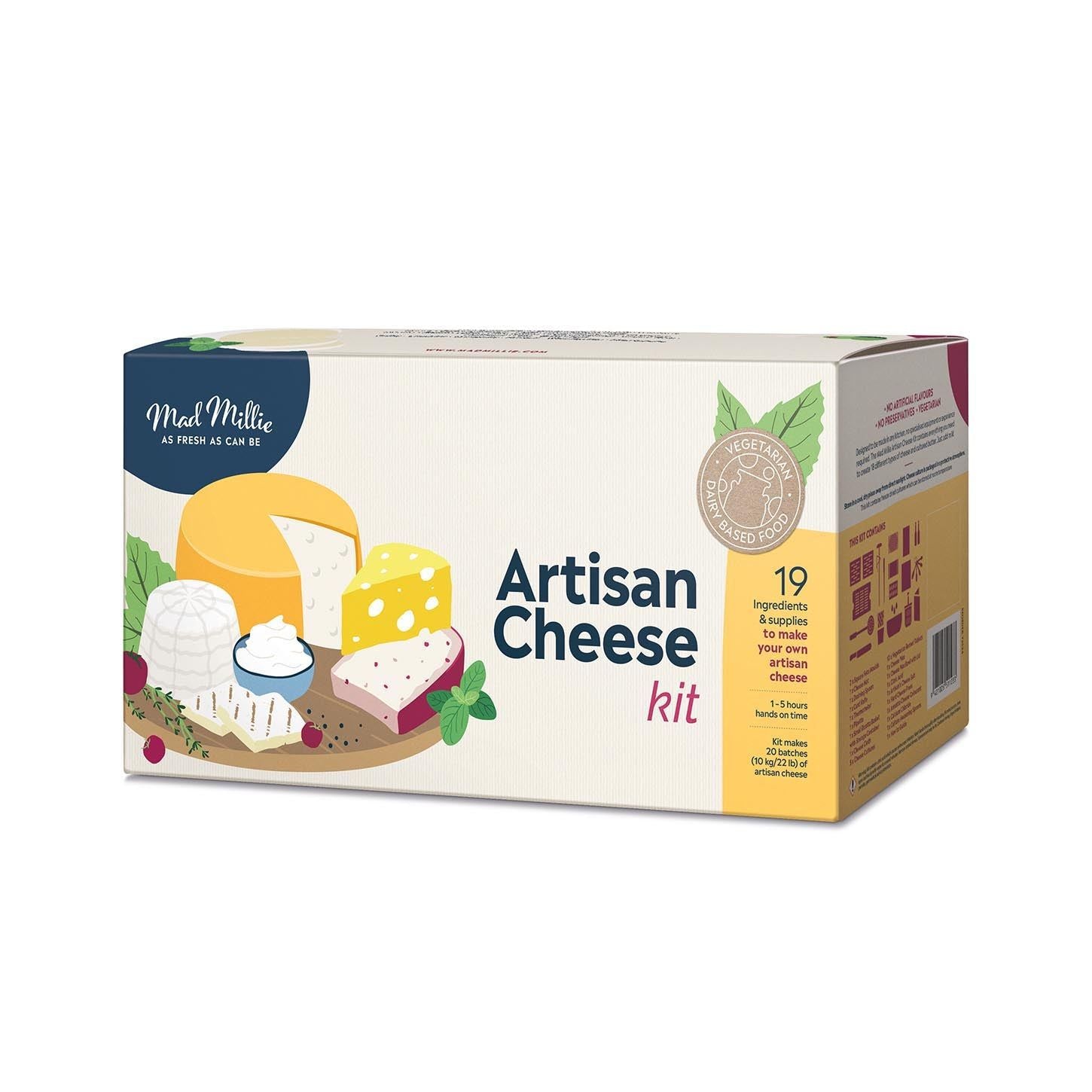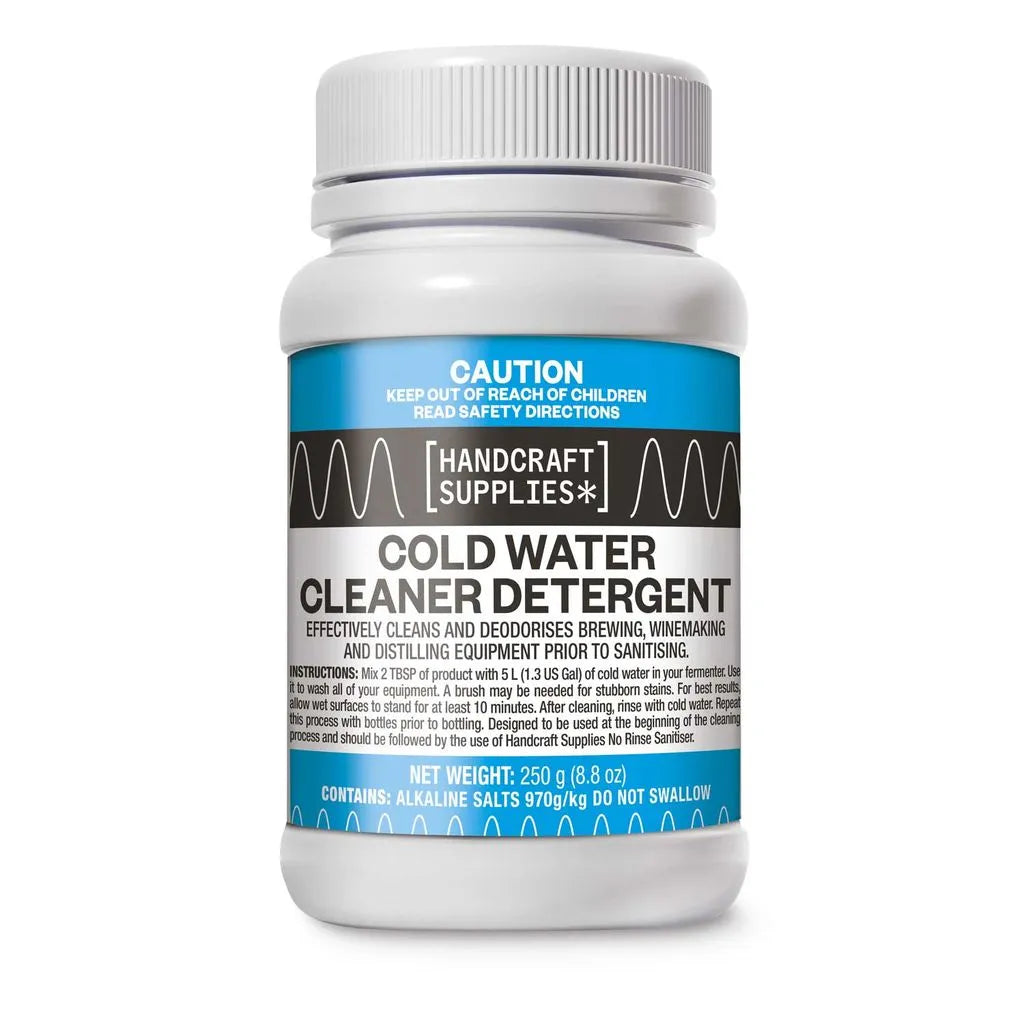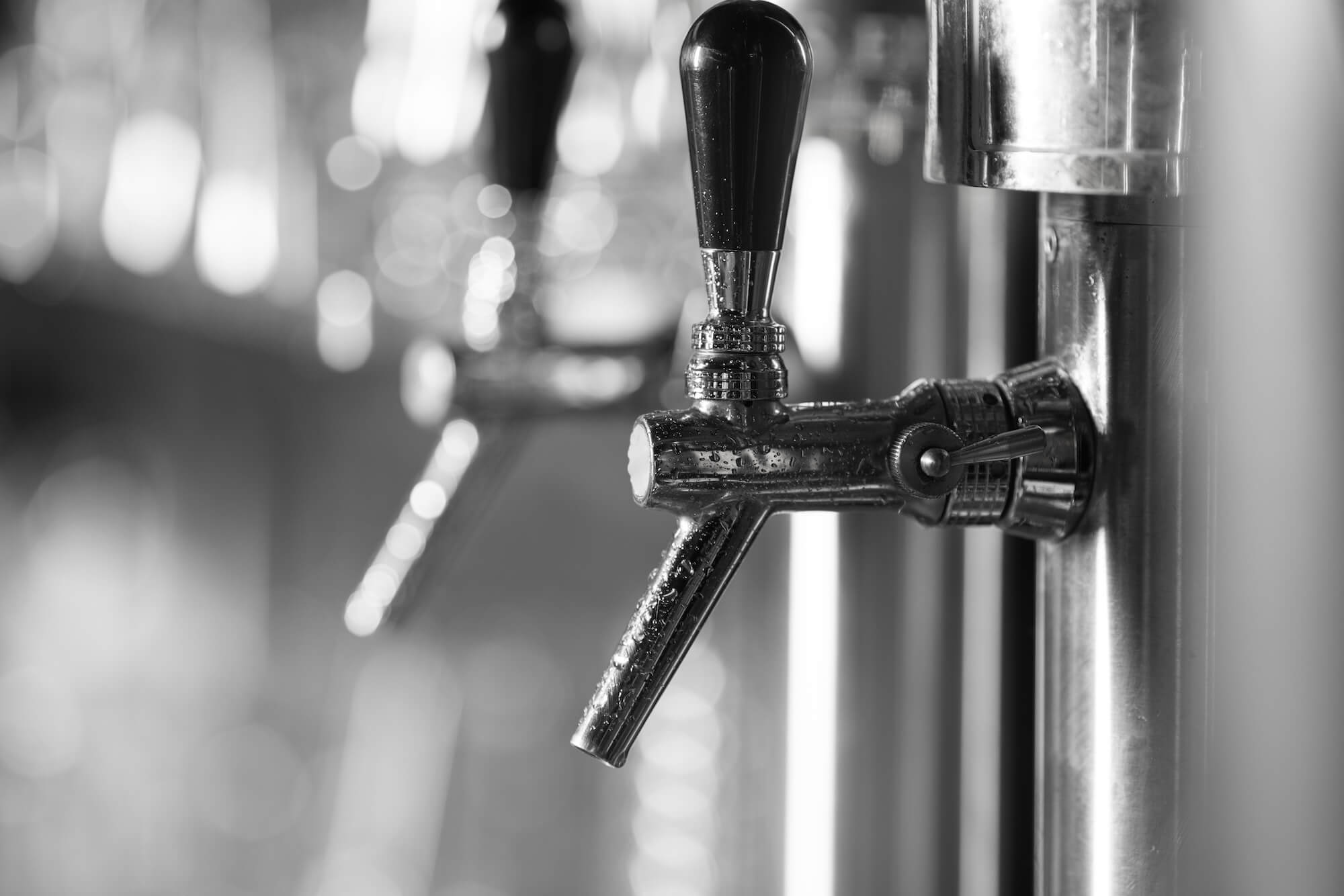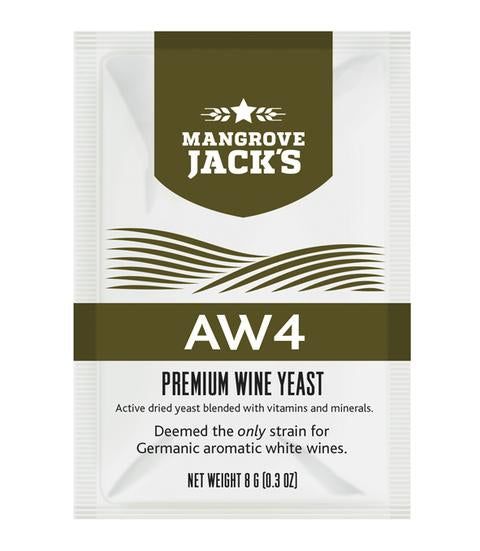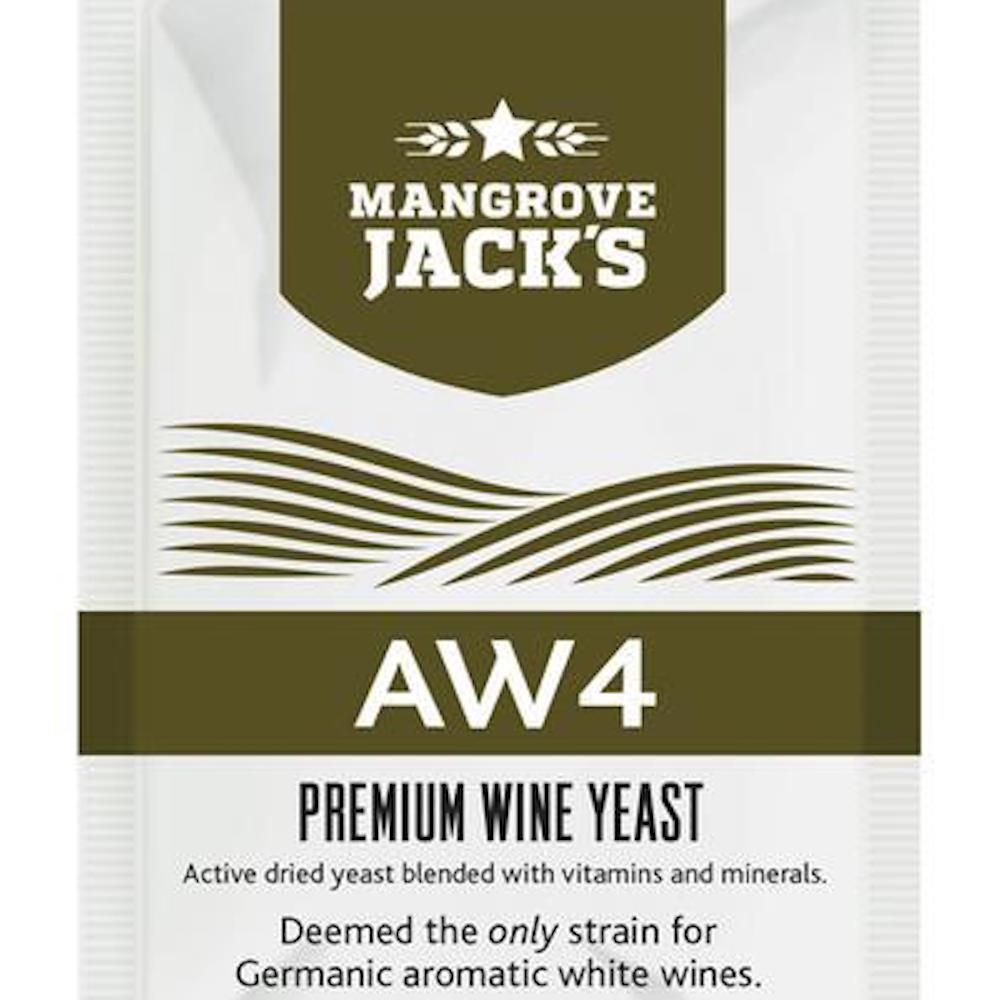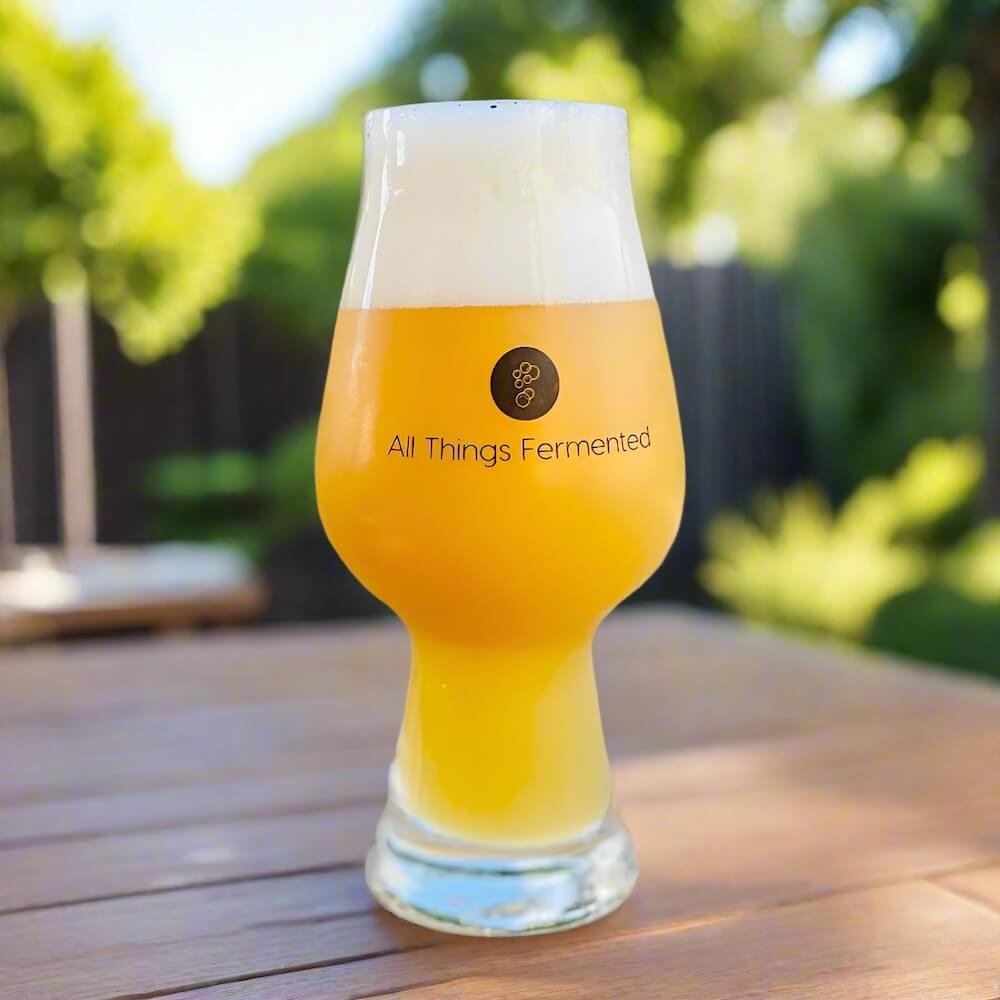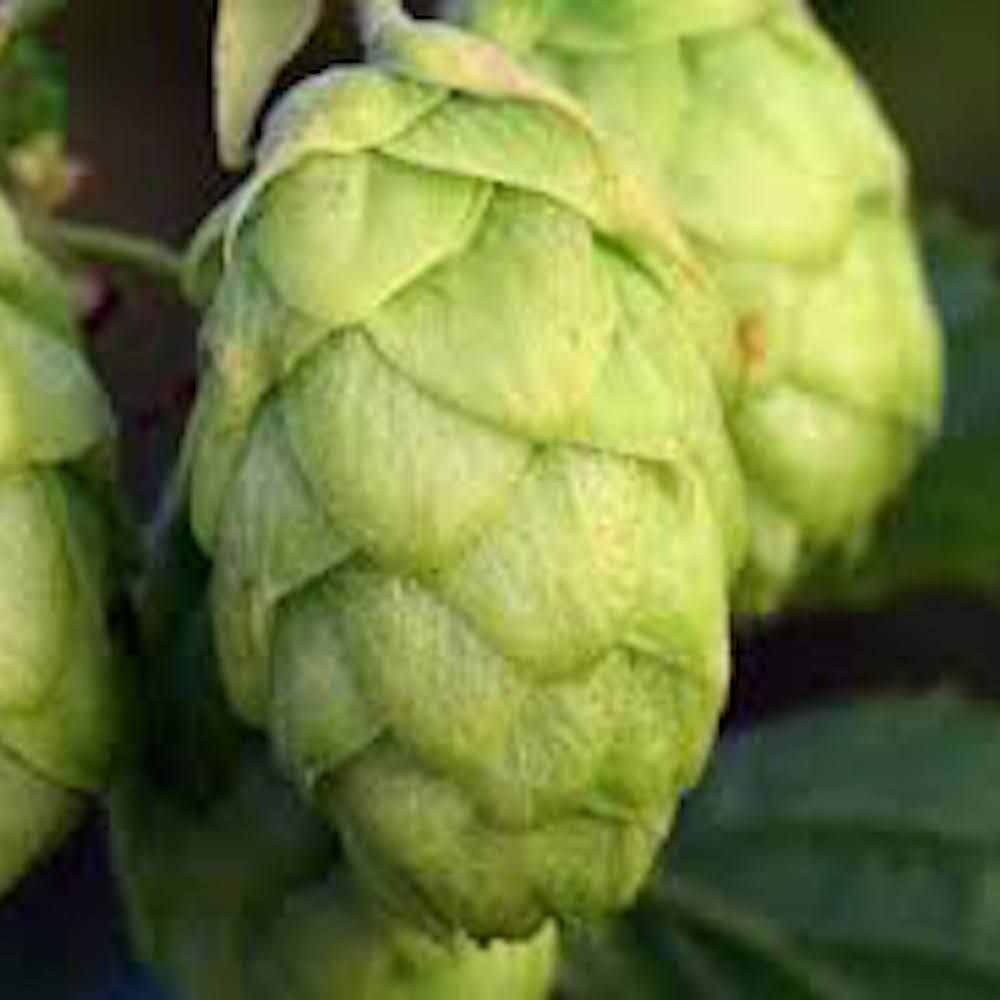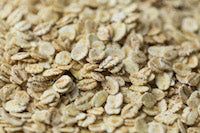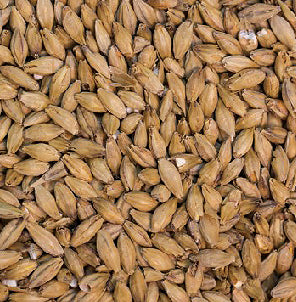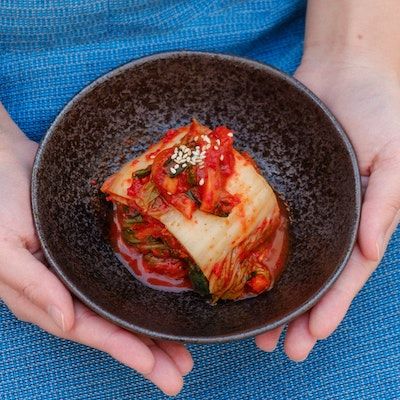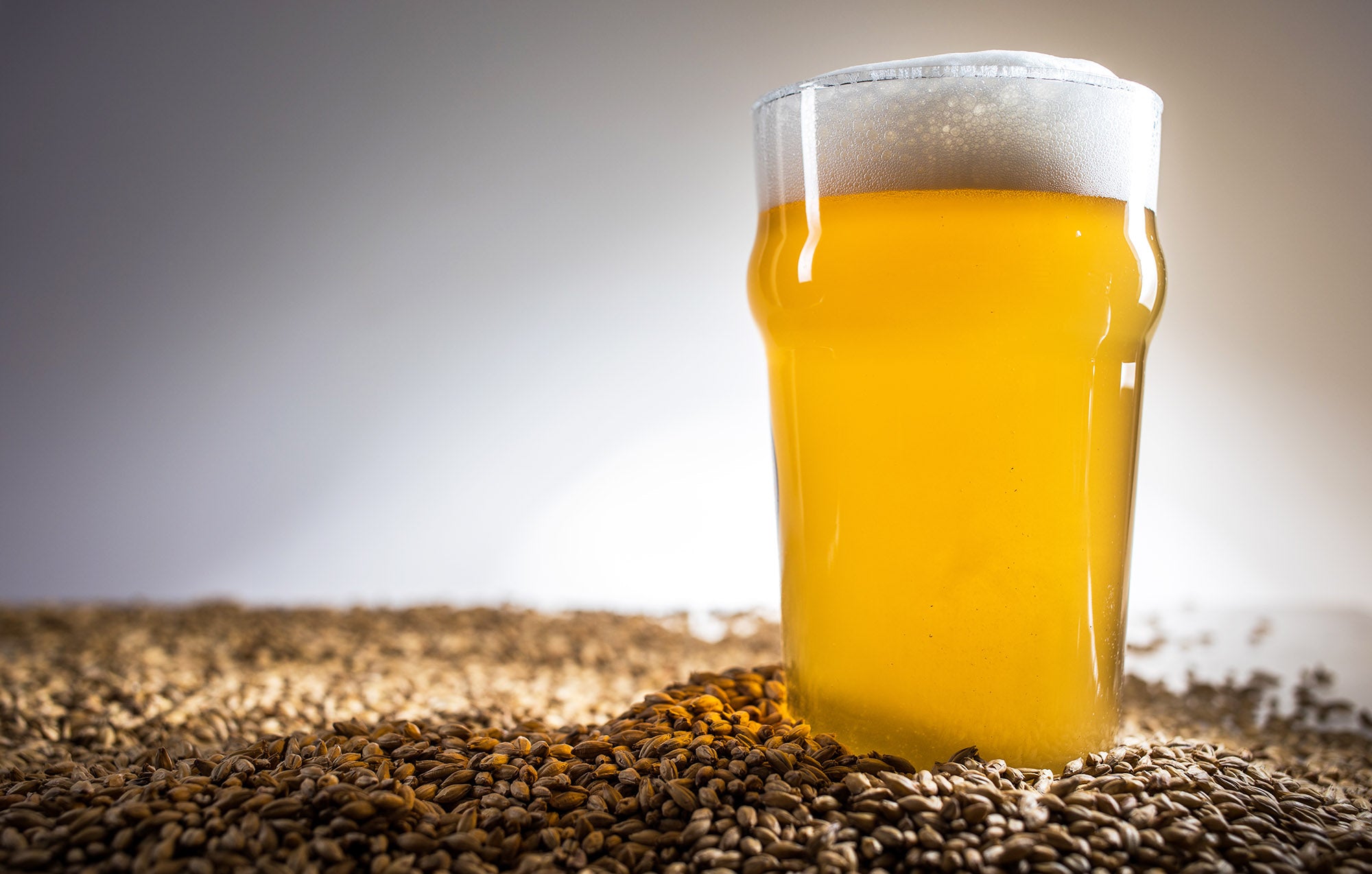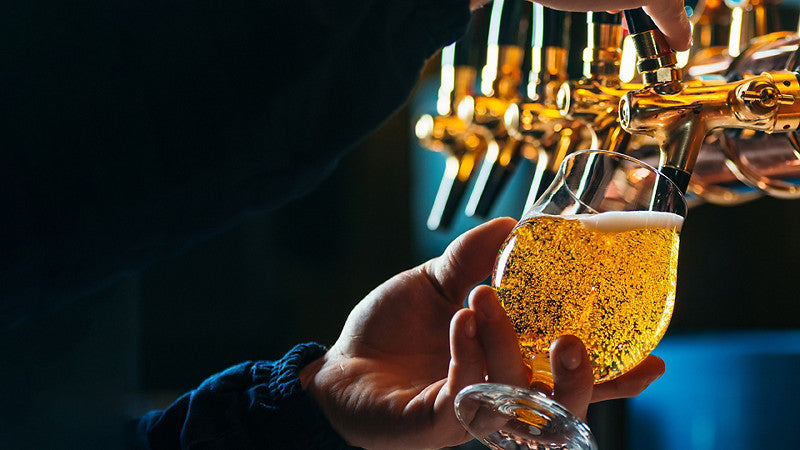Sort by:
This strain has the ability to reduce malic acid by up to 30-35%, and reduce total titratable acidity, making it perfect for young wines intended for early consumption, and for use with fruits high in acid. This moderate fermenting yeast will soften the palate but also contribute a significant amount of esters, conferring a fresh and fruity character to the wine.
Suitable for Zinfandel, Fruit wines and more.
Alcohol Tolerance: 14% ABV
Usage Directions: No rehydration required - add direct to grape must and stir well. For best results, ferment at 18 - 28°C.
Storage Recommendations: Store in a cool, dry place.
Wakatu 2025 Harvest
Batch: 25-067
Alpha: 8.2%
Beta: 8.4%
A really fine dual purpose hop with a heady mix of floral and citrus characteristics
Breeding:
Released by New Zealand's Plant & Food Research in 1988 as New Zealand Hallertau Aroma this triploid has parentage of two thirds Mittlefruh and open pollination by a New Zealand derived male. Renamed Wakatu Brand 77-05 in 2011.
Selection:
During selections this variety displays an intensity of aromas which selectors describe as fresh citrus akin to freshly zested lime peel. These excellent aroma qualities carry right through from selection to the aroma and flavour profiles in the finished beer.
Brewing:
A multi-skilled hop that consistently delivers from kettle to consumer. A true dual-purpose variety with an enviable alpha: beta ratio and oils profile. This all-round brewery performer gives excellent flavour and aroma shelf stability both in small pack and keg.
"Just a great hop"
Applications:
A versatile hop across several brewery applications and beer styles. Is a real standout out when used in multiple, high addition rates in big ales or in gentle gifts to temper the sweetness of a full malt lager.
Waimea 2025 Harvest
Batch: 25-278
Alpha: 15.90%
Beta: 6.40%
A big alpha hop that carries an even bigger weight of oils with lots of pine and citrus characters
Breeding:
Released in 2012 by The New Zealand Institute for Plant & Food Research Limited, Waimea™ Brand HORT3953 is a triploid cultivar that traces its parentage back to ‘Californian Late Cluster’, ‘Saazer’ and ‘Fuggle’.
Selection:
Fresh tangelo citrus fruit, and pine needle are at first evident during selections, while an outstanding oils profile, high alpha, low cohumlone and excellent agronomic performance make Waimea™ an exciting new world hop.
Brewing:
Well suited to dual purpose applications throughout from early kettle additions right through to dry hopping. Quality bitterness and aroma abound with fruity citrus and pine characters from this hops big weight of oil. A big hop for big beers.
'A great finisher’
Applications:
A new world flavour hop selected for its genuine dual purpose capability in delivery of quality bitterness with unique fresh citrus aroma notes. Can be used across a wide array of styles in a variety of brewhouse and dry hopping applications.
Wai-iti® 2024 Harvest
Batch: 24-235
Alpha: 2.49%
Beta: 5.95%
A fine aroma hop with fresh peaches and apricot characters within a weight of essential oils
Breeding:
Wai-iti™ Brand HORT7709 is a new hop variety developed by New Zealand Plant and Food Research with release from the New Zealand Hop breeding Programme in 2011. It was selected for its low alpha acid and high oils content. Wai-iti™ is a granddaughter of the USDA developed Liberty, and is a triploid hop derived from 1/3rd Hallertau Mittelfrüeh.
Selection:
Selectors comment on the intensity of the aromas, attributable for the most part to the high weight of oil and oils to alpha ratio. Freshly squeezed limes with top notes of mixed citrus are the standouts in a heady blend of essential oils.
Brewing:
Citrus characters apparent in selection step back a little in the finished product to make way for a blend of stone fruits such as fresh peaches and ripe apricot. Low cohumulone and high levels of farnesene create a rounded clean bitterness when used in single hopped beers. The high oil content fills in all the corners when used in late additions, the hop back or in dry hopping.
'Really tasty’
Applications:
Used in both Lagers and Ales where its character builds to develop an excellent finishing bitterness and drinkability. Fresh peaches and stone fruit dominate the aroma in singled hopped beers and also when combining as a late addition with other varieties. Creates fruity aroma driven new world beer styles.
Pacifica 2024
Batch: 24-010
Alpha: 5.07%
Beta: 6.33%
A dual purpose / bittering hop with a spicy “dried fruit” character and solid finish.
Breeding:
A triploid aroma type developed through by New Zealand’s Plant & Food Research. Pacifica™ Brand 77-01 was bred through the open pollination of the highly regarded Hallertauer Mittlefru¨h variety. Pacifica™ was released on completion of successful brewing trials in 1994.
Selection:
Pacifica™ displays classic Hallertau citrus and floral aroma character which selectors mark as a real standout. The aroma is supported by a generous oils profile making selection possible for several beer styles from this stylish hop.
Brewing:
Pacifica™ brings something of a blend of new and old-world taste descriptors to the brewers' forum. Orange marmalade aptly describes the citrus aroma notes achieved through late addition. Bittering quality is such that early kettle additions net a soft yet solid finish even in highly bittered beers.
Applications:
Finds application where a higher oil concentration and proportion of Linalool are required to impact on how the hop character integrates into the final product. Ideally suited to traditional German lager styles and finding wider application to a new generation through the international craft market’s insatiable thirst for Pale Ale.
NZ Southern Cross 2024 Harvest
Batch: 24-104
Alpha: 13.91%
Beta: 5.8%
A dual purpose / soft bittering hop with a citrus lemon zest character with hints of pine
Breeding:
NZ Southern Cross is a triploid cross between the New Zealand variety Smoothcone and a 1950's research variety bred from a crossing of an early North American type known as the Cali (short for Californian) with the ubiquitous English Fuggle. Released from New Zealand's Hort Research hop breeding programme at Riwaka in 1994.
Selection:
The aroma is characterised by a heady mix of lemon peel and pine needles layered beneath a clean spiciness during selection. NZ Southern Cross has an excellent essential oil profile and low Cohumulone while producing consistent levels of alpha acid.
Brewing:
A kettle variety of the highest order NZ Southern Cross imparts a soft bitterness with a subtle resinous quality. The essential oil component is such that it can deliver a delicate balance of citrus and spice when added at the end of boil or a much bigger punch in the hop back or direct to the fermenter.
'A hop with many talent'
Applications:
Alpha Acids and Total Oil matched with low cohumulone find this extraordinary hop several applications, single or multi-purpose to achieve subtle citrusy lager to big fruity driven ales.
Pacific Jade™ 2024 Harvest
Batch: 24-243
Alpha: 13.57%
Beta: 7.94%
A soft bittering / dual purpose hop with fresh citrus and complex spice characters
Breeding:
NZ Pacific Jade Brand HORT1524 is a triploid alpha type developed by the cross of the NZ variety "First Choice" (a relative of the Late Cluster) and an Old Line Saazer Male. Released from the New Zealand Hop Research Programme by HortReasearch Centre Riwaka in 2004.
Selection:
Selected on its average alpha of 12-14% with Cohumulone in the region of 24% and an excellent oils profile. The aroma of this hop is described as bold as it delivers a herbal infusion of fresh citrus and crushed black pepper.
Brewing:
Suited for use as a bittering hop with some excellent results also being seen in dual purpose applications, with a soft bitterness attributable to the low cohumulone. The citrus aroma and flavour notes work well to temper malt sweetness in fullish Ales especially as a finishing hop.
'Great versatility in the Brewhouse'
Applications:
Typically to replace less interesting Alpha varieties where a softer bitterness and higher oil profile is desired. NZ Pacific Jade exemplifies current market direction and what is being achieved in the New Zealand Hops breeding programme.
Kohatu 2025 Harvest
Batch: 25-246
Alpha: 7.30%
Beta: 3.90%
A dual purpose hop with fresh tropical fruit characters and excellent finish and bitterness
Breeding:
Kohatu® Brand HORT3829 is a triploid aroma type produced through the crossing of a Hallertau Mittlefruh and a New Zealand Male with North American and European parentage. Kohatu® was released from the New Zealand Plant and Food Research hop breeding programme in 2011.
Selection:
Kohatu® has been described as having an intense fresh tropical fruit character during selections and these early sensory evaluations brought this hop to the attention of researchers.
Brewing:
Initial brewing trials displayed a hop of great versatility with excellent stable flavour and aroma impacts. Fruity characters seen in sensory selections had carried through into the finished product, which was very satisfying. Importantly, the real stand out has been the consistency and quality of bitterness in dual purpose applications.
'Excellent flavour and bitterness’
Applications:
Works really well in single hop applications to show case its fruity aroma characters balanced by the extraordinary quality of bitterness. Higher addition rates can really pack a fruit driven punch in bigger beer styles.
Dr Rudi 2025 Harvest
Batch: 25-269
Alpha: 13.10%
Beta: 7.10%
A dual purpose / bittering hop with classic resinous pine and lifted citrus characters
Breeding:
Dr Rudi is a triploid variety that was bred from the New Zealand Smoothcone variety cross open pollinated at the New Zealand Horticultural Research Centre and released in 1976 as Super Alpha. Officially changed to Dr Rudi in 2012.
Selection:
Widely selected for its dual-purpose ability, Dr Rudi was once a high alpha type. Selectors note a fresh citrus peel beneath a mix of aromas such as pine needles and lemongrass when used as a late addition become evident in the aroma top notes.
Brewing:
A very versatile hop in the brew house where it can be used to deliver a quality crisp bitterness as well as excellent aroma qualities. Typical of New Zealand varieties, the oil profile sets it apart as a hop with many applications and can now be found in breweries throughout international markets where it is sought for its ability to integrate and finely balance both Ales and Lagers.
'A really super hop!'
Applications:
Works well where resinous, citrus and pine characters are required to build and develop an excellent finishing bitterness. Especially good as a dual purpose variety in single hopped beers as well as with multiple aroma varieties to create first rate new-world beer styles.
Flaked Maize consists of maize grits that have been torrefied at high temperatures, resulting in gelatinisation of the starchy endosperm, and then flaked. It is ready to add to the mash tun, requiring no cereal cooking, but without any enzymes of its own it must be mashed with malted grains for starch conversion to take place.
Flaked Maize lightens wort and can add a unique corn flake-like sweetness beers.It lowers protein and tannin levels in the wort and will therefore thin the body of the beer as well as reduce the potential for haze.
This Instant Sourdough Starter Culture requires no cultivating. You can add this straight to your dough mix without any hassle of growing or maintaining your sourdough starter.
This culture contains:
Yeast
Dextrose
Lactococcus lactis subsp. Cremoris
Lactococcus lactis subsp. lactis
Lactococcus lactis subsp. lactis biovar diacetylactis
Storage: Store in freezer for optimum life. Each sachet can be used to ferment dough recipes which use up to 6 cups of flour.
Contains: milk/dairy
Kefir is a popular and delicious fermented drink, using bacteria and yeast, which is healthy and great for you.
Mad Millie Kefir Culture contains 7 bacteria strains and 1 yeast strain:
Lactococcus lactis subsp. Cremoris,
Lactococcus lactis subsp. Lactis,
Lactococcus lactis subsp. lactis biovar diacetylactis,
Leuconostoc
Candida colliculosa
Streptococcus thermophilus
Lactobacillus delbrueckii subsp. Bulgaricus
Bifidobacterium lactis
Lactobacillus acidophilus
Pack contains 2 sachets. Note: Culture contains dairy
Each sachet can be used for culturing 1 L of milk, soy, juice or coconut water. Each sachet can be recultured (see kit instructions) up to 2 times.
This culture lasts out of the freezer (at room temperature) for 6 months so will be fine during postage. However, we suggest storing cultures in the freezer as soon as you get them in order to prolong the life of the culture.
The Mad Millie Fermented Vegetable Culture is great to use when making sauerkraut, kimchi or other fermented vegetables with your Mad Millie Fermenting Crock. This provides a faster more reliable fermentation.
Each Fermented Vegetables Culture Sachet contains Lactococcus lactis subsp. cremoris, Lactococcus lactis subsp. lactis, Lactococcus lactis subsp. lactis biovar diacetylactis and Leuconostoc.
Store below 25oC
5 sachets will make: 5 batches (10 kg/22 lb) Fermented Vegetables, each sachet treats approximately 2 kg of vegetables.
Contains: Milk
Kefir is a delicious healthy drink bursting with live kefir cultures. It contains eight beneficial bacteria strains, so it's good for your tummy and tastes good too! Your homemade kefir has over 1 million per gram when made with full-fat milk, as per the Mad Millie Kefir Kit recipe!
The Mad Millie Kefir Kit contains all the specialised ingredients and equipment you need to make your own kefir at home. This kit can be used with low and full fat milk, soy milk, coconut water, and fruit juice. Just add culture, shake and leave for 24 hours.
Freeze Dried Cultures – No Preservatives – No Artificial Flavours – Vegetarian – Gluten Free – Nut Free
- 6 Ingredients & supplies to make your own Kefir
- 20 minutes hands on time
- Kit makes 6 batches (6 L/6 US qt) of Kefir before refills are required.
Mad Millie Kefir contains Lactococcus lactis subsp. cremoris, Lactococcus lactis subsp. lactis, Lactococcus lactis subsp. lactis biovar diacetylactis, Candida colliculosa, Leuconostoc, Streptococcus thermophilus, Lactobacillus delbrueckii subsp. bulgaricus, Bifidobacterium lactis, Lactobacillus acidophilus
Whats Included
- 2 x Sachets Kefir Culture
- Stainless Steel Mixing Ball
- Cheese Cloth
- 1 L Jar
- How-to Guide
Ingredients: 2 x freeze-dried kefir culture sachets (Culture contains milk).
Make your own nutritious sauerkraut, kimchi and other fermented vegetables!
Numerous studies have shown the beneficial health effects of fermented food, especially fermented vegetables such as sauerkraut or kimchi. Fermenting vegetables is a tasty way to preserve while locking in all the healthy enzymes and probiotics.
This 3 L Fermenting Crock fits up to two medium sized cabbages and makes two 1 L jars full of sauerkraut or kimchi which lasts up to three months when stored in the fridge.
TIP: If you would like a faster or more reliable fermentation we recommend to use our Mad Millie Fermented Vegetable culture when making sauerkraut or kimchi with this crock.
Includes:
- 3 L Mad Millie handmade ceramic Fermenting Crock
- 2 traditional clay weights
- Instructions and recipes
We highly recommend you use No Rinse Sanitiser when using the crock
This complies with FTA lead food safety standards. The internal surface is 100% lead free.
Dimensions
Height without lid: 22.2.cm
Height with lid: 26 cm
Base diameter: 16 cm
Opening diameter: 8.8cm
Replacement thickener for your Coconut Yoghurt Kit
This thickener is what gives our coconut yoghurt the perfect texture and consistency.
Directions: For 880ml of coconut milk/cream, mix 1 heaped Tbsp thickener, 2 Tbsp raw sugar (optional) and 1/2 cup of warm coconut milk/cream and mix well before adding to your mixture. Please refer to your instructions for exact recipe.
Ingredients: Organic tapioca flour, maltodextrin (from non GM corn), organic guar gum.
Mad Millie Coconut Yoghurt contains live cultures that are ready to help you create a delicious, dairy-free coconut yoghurt. Our live Acidophilus and Bifidobacterium don’t just make for tasty coconut yoghurt but they’re great for you too!
The Mad Millie Coconut Yoghurt Kit contains all the specialised ingredients and equipment to make dairy-free coconut yoghurt at home. It is the perfect kit for beginners and those who love to make food from scratch.
Mad Millie Coconut Yoghurt contains active bacteria strains Streptococcus thermophilus, Lactobacillus delbrueckii subsp. bulgaricus, Bifidobacterium lactis and Lactobacillus acidophilus.
Dairy-Free – No Artificial Flavours – Live Cultures – No Preservatives
- 6 Ingredients & supplies to make your own Coconut Yoghurt
- 30 minutes hands-on time
- Kit makes 10 batches (8 kg/17 lb) of Coconut yoghurt before refills are required
To give your cultures the best chance of success they need to be kept nice and warm overnight. The Mad Millie Culturing Flask is the perfect sidekick to this kit and makes fermenting that much easier!
Whats Included
- 1 L Glass Jar
- Thermometer
- Dairy-Free Yoghurt Culture
- Thickener
- How-to Guide
Ingredients: 100g Thickener (tapioca starch, maltodextrin (corn), guar gum); Freeze-dried yoghurt cultures (5x sachets - freeze-dried lactic bacteria).
Make your daily artisan sourdough loaf with under 15 minutes of hands on time!
With the Mad Millie 15 Minute Sourdough Kit, you receive our specialised culture, tools and know-how to make your daily loaf with under 15 minutes hands on time a day, and no kneading required!
Simply mix flour, artisan salt, and the instant sourdough starter culture together with water in a bowl using the specialised dough whisk, cover and allow to ferment and rise for approx 20 hours before baking in a covered oven dish.
The sourdough is beautifully fresh with a hard crispy crust and light airy centre. Gobble it up with some fresh, homemade butter, olive oil, or your favourite bread toppings.
Kit includes
Instant Sourdough Starter Culture (enough for up to 6 x 700 g loaves). Note: You can use one culture sachet to make a double batch of sourdough.
Artisan Salt
Muslin Cloth
Dough Scraper
Dough Whisk
Recipes for original sourdough, wholemeal sourdough, fruit loaf sourdough and gluten free sourdough
We keep all cultures refrigerated to ensure you receive them in the best possible condition.
Click here to watch a guide to using the sourdough kit.
Mesophilic (MW3) is a freeze dried culture, which contain special strains of Lactococcus lactis subsp. cremoris and Lactococcus lactis subsp. lactis.
This culture can be used to make feta, cottage cheese, cream cheese, quark, goats feta, Chevre Frais
Pack contains 5 sachets. Each sachet contains enough culture for 4 L of milk. Activity = 2.4 U.
All Mad Millie cultures contain a small amount of dairy.
This culture lasts out of the freezer (at room temperature) for 6 months so will be fine during postage. However, we suggest storing them in the freezer as soon as you get them in order to prolong their life.
The ideal culture for yoghurt, vegan yoghurt, skyr and yoghurt cheese.
This dairy-free yoghurt culture is a freeze-dried yoghurt culture which contains the following strains; streptococcus thermophilus, lactobacillus delbrueckii subs. bulgaricus, bifidobacterium lactis, lactobacillus acidophilus.
5 sachets included and each sachet contains enough culture to make 1-2 L of yoghurt.
This culture is shelf-stable for 8 months.
Dairy free, Gluten Free
For a full guide for making yoghurt using the Mad Millie Yoghurt Culture including how to make your own Greek Yoghurt, Soy Yoghurt, and Labna, please click here: How to Guide - Greek Yoghurt – Mad Millie (not included with purchase).
Aromatic Mesophilic (YV32) is a freeze dried mixed strain culture containing:
Lactoccus lactis subsp. cremoris
Lactoccus lactis subsp.lactis
Leuconostoc
Lactoccus lactis subsp. diacetylactis
Aromatic Mesophillic is a gas producing culture, where little air pockets will be observed in the cheese. If gas is not desired, then use the Mesophillic Culture.
Pack contains 5 sachets. Each sachet doses 4L of milk.
This culture lasts out of the freezer (at room temperature) for 6 months so will be fine during postage. However, we suggest storing cultures in the freezer as soon as you get them in order to prolong the life of the culture.
Rennet is used to coagulate milk to make curds and whey when making cheese. Each rennet table will coagulate 4 L of milk. This rennet is suitable for vegetarians.
The rennet tablets are shelf stable. Store in a cool dry place out of direct sunlight.
Directions: Dilute the rennet tablet in 20 ml - 40 ml of cool, un-chlorinated water.
Ingredients: rennet (milk clotting enzyme, excipients)
This is included in the Artisan Cheese Kit. Used for pressing your home made hard cheeses in an accurate and reliable manner. It is made from a special food grade plastic that is easily cleaned and does not absorb bacteria. It comes with a 2 litre hard cheese mould, fitting curds from 6 litres of milk, a press and pressure gauge.
Mozzarella, ricotta, mascarpone and more from your kitchen.
The Italian Cheese Kit provides you with everything you need to whip up these Italian favourites quickly in under an hour! Makes over 10 batches of cheese (approx 6kg in total).
Designed to be used in any kitchen. No cheesemaking experience needed! No artificial flavours or preservatives and is vegetarian.
Makes:
Fresh Italian Mozzarella and Bocconcini (approx 600g/batch),
Ricotta (approx 400g/batch),
Ricotta Salata (approx 100g/batch),
Burrata
Mascarpone (approx 700g/batch).
Kit Includes:
Small Ricotta Mould with Draining Container,Vegetarian Rennet Tablets (10), Cheese Salt, Cheese Cloth, Citric Acid, Pipette, Calcium Chloride, Steriliser, Stainless Steel Thermometer, Kit Instructions and Recipes.
We keep all cultures, rennet, and calcium chloride refrigerated to ensure you receive them in the best possible condition.
The Mad Millie Greek Yoghurt Kit contains live cultures that are ready to be fermented into thick, creamy yoghurt. Over 1 million live cultures per gram when made with full-fat milk, as per the Mad Millie recipe.
With the Mad Millie Greek Yoghurt Kit, you can make delicious Greek yoghurt, soy yoghurt and labna (yoghurt cheese). Perfect for beginners and advanced users with all specialised ingredients and equipment included. Just add milk!
No Artificial Flavours or Preservatives – Gluten-Free - Vegetarian – Live Dairy-Free Cultures – Nut-Free – Vegan Option
- 6 Ingredients & supplies to make your own Greek or Soy Yoghurt
- 30 minutes hands-on time per recipe
- Kit makes 5 batches (5 kg/11 lb) of yoghurt before refills are required.
Mad Millie Dairy Free Yoghurt Culture contains Streptococcus thermophilus, Lactobacillus delbrueckii subsp. bulgaricus, Bifidobacterium lactis, Lactobacillus acidophilus.
To give your cultures the best chance of success they need to be kept nice and warm overnight. The Mad Millie Culturing Flask is the perfect sidekick to this kit and makes fermenting that much easier!
Whats Included
- 1 L Jar
- Cheese Cloth
- 5 x Sachets of dairy-free Yoghurt Culture
- Stainless Steel Thermometer
- How-to Guide
Ingredients: Live freeze dried yoghurt cultures (5x sachets - freeze dried lactic bacteria).
Becoming an artisan cheesemaker is easier than you think. The Mad Millie Fresh Cheese Kit contains everything you need to create eight different types of fresh cheese. Just add milk!
Whether you are a fan of squeaky halloumi for brunch, the tang of chevre frais on a cheese platter or marinated feta for all occasions, this kit has you covered. This kit makes Feta, Halloumi, Cottage Cheese, Light Cream Cheese, Cream Cheese, Chevre Frais, Goat’s Feta or Quark.
Designed to be made in any kitchen, no specialised equipment or experience required. Includes specialised BPA Free Cheese Moulds.
No Artificial Flavours or Preservatives – Gluten-Free – Vegetarian
- 12 Ingredients & supplies to make your own Fresh Cheese
- 60 minutes hands-on time on average, per recipe
- Kit makes 10 batches (7 kg/15 lb) of Fresh Cheese before refills are required.
Whats Included
- Shelf Stable Mesophilic Culture
- Cheese Cloth
- Cheese Salt
- Square Feta Moulds (2)
- Vegetarian Rennet Tablets
- Thermometer
- Cheese Mat
- Calcium Chloride
- Pipette
- Culture Measuring Spoons
- How-to Guide
Ingredients: 1x450g salt (sodium chloride, anticaking agent (E535)), 1x50ml calcium chloride (water, calcium chloride (30%)), 1x 10 vegetarian rennet tablet (milk clotting enzyme, excipients); 1x 5 mesophilic culture (freeze dried lactic bacteria. Contains milk/dairy).
If you are to be truly considered an artisan cheesemaker, then you really need a Mad Millie Artisan Cheese Kit. This is the ultimate kit for all cheese lovers and will quickly add 18 different types of cheese to your repertoire.
The Mad Millie Artisan Cheese Kit contains everything you need to create 18 different types of cheese and cultured butter. Just add milk!
This kit makes Feta, Halloumi, Cottage Cheese, Light Cream Cheese, Cream Cheese, Chevre Frais, Goat’s Feta, Quark, Mascarpone, Ricotta, Ricotta Salata, Mozzarella, Bocconcini, Burrata, Cultured Butter, Colby, Cheddar, Caerphilly, Havarti and Wensleydale.
Designed to be made in any kitchen, no specialised equipment or experience required. Includes specialised BPA Free Cheese Moulds.
No Artificial Flavours or Preservatives – Gluten-Free – Vegetarian
- 19 Ingredients & supplies to make your own Artisan Cheese
- 1 – 5 hours hands-on time per recipe (does not include maturing time).
- Kit makes 20 batches (10 kg/22 lb) of Artisan Cheese before refills are required.
Ingredients: 1x450g Artisans salt (sodium chloride, anticaking agent (E535)); 1x100g citric acid; 1x50ml calcium chloride (water, calcium chloride (30%)); 1x50ml annatto colour; 2x 10 vegetarian rennet tablets (milk clotting enzyme, excipients); 1x5 Cheese culture sachets (freeze dried mesophilic starter culture. Contains milk).
Kit Includes:
Cheese Culture (5 Saches)
Vegetarian Rennet Tablets (10)
Hard Cheese Press
Cheese Wax
Cheese Mat
2 Square Feta Moulds
Small Ricotta Basket with Draining Container
Pipette
Thermometer
Cheese Salt
Calcium Chloride
Cheese Cloth
Citric Acid
Curd Knife
Culture Measuring Spoons
Draining Spoon
Annatto Cheese Colourant
How-to Guide
Mangrove Jack's ECD Cold Water Detergent effectively cleans and deodorises everything you use for brewing, winemaking and distilling. Cold Water ECD Cleaner Detergent is a powerful cleaner removing dirt, stains and undesirable micro-organisms, restoring your surface to its original condition.
Cleaning plays an essential role in good brewing, wine making, and distilling. You should always clean your equipment prior to sterialising.
